Transforming a sloped yard into a functional, beautiful outdoor space requires thoughtful planning and creative terracing solutions. Terraced gardens offer endless possibilities for maximizing challenging terrain while adding visual interest and usable areas to your landscape. Whether you're dealing with a gentle slope or a steep hillside, terraced designs can help prevent erosion, improve drainage, and create distinct zones for different activities. From Mediterranean-inspired stone walls to modern timber systems, these multilevel garden concepts allow you to work with your land's natural contours rather than against them. Each terraced level becomes an opportunity to showcase different plants, materials, or functions, creating a dynamic outdoor environment that flows seamlessly from one area to the next. With proper retaining structures and thoughtful plant selection, your sloped space can become the most striking feature of your property, offering both practical benefits and stunning visual appeal throughout the seasons.
1. Stone Retaining Wall Terraces
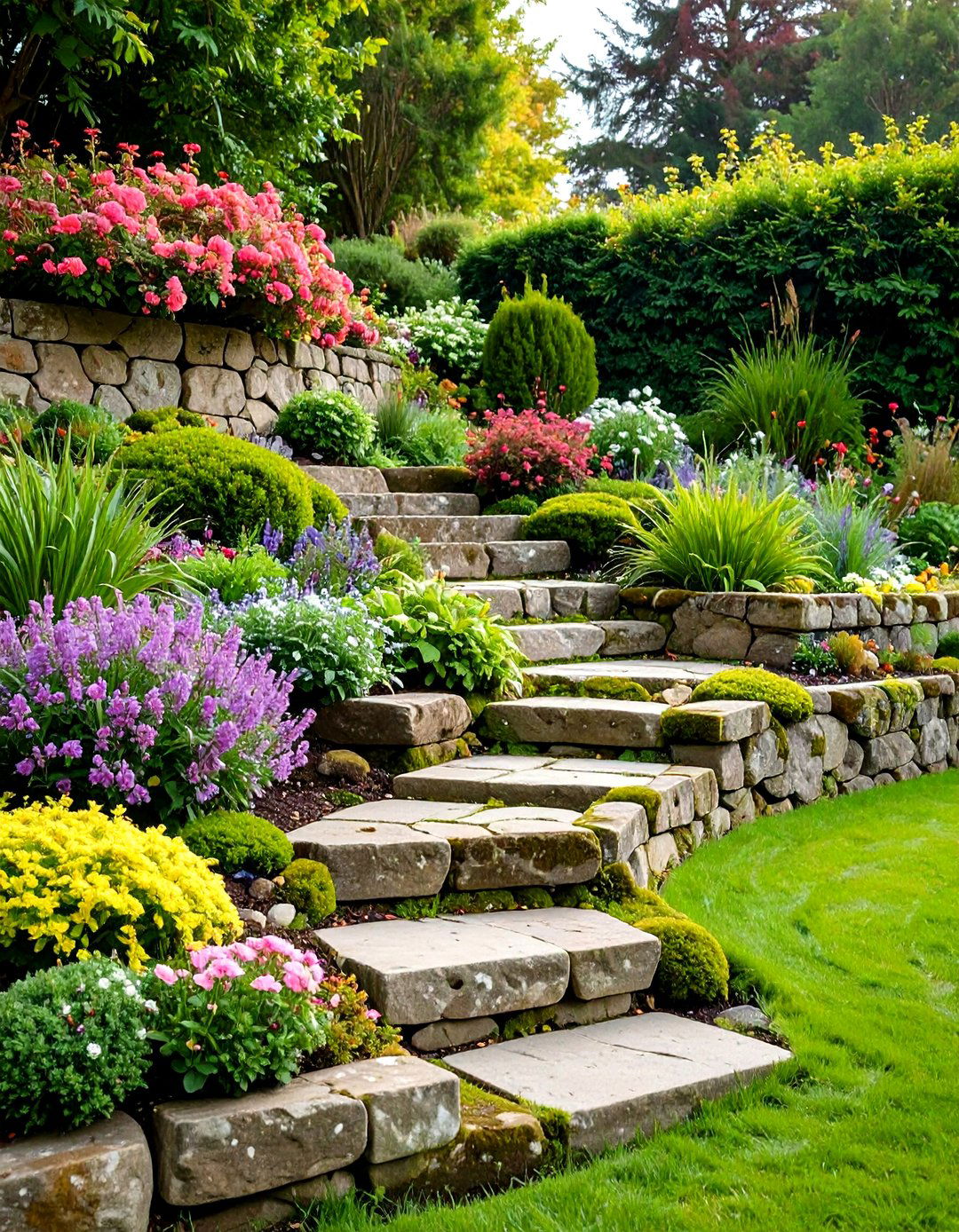
Natural stone creates timeless terraced gardens that blend seamlessly with any landscape style. These durable structures provide excellent soil retention while offering an authentic, weathered appearance that improves with age. Stone walls work particularly well for creating multiple planting levels, allowing you to establish distinct garden zones with varying sun exposure and drainage conditions. The thermal mass of stone helps regulate soil temperature, benefiting plant growth throughout the seasons. Whether using limestone, sandstone, or local fieldstone, these terraces develop character over time as moss and small plants naturally establish themselves in the joints. Consider incorporating built-in drainage through strategic gaps between stones, and plan your wall height carefully to ensure structural integrity. What style of stone would best complement your home's architecture and existing landscape features?
2. Timber Sleeper Garden Levels
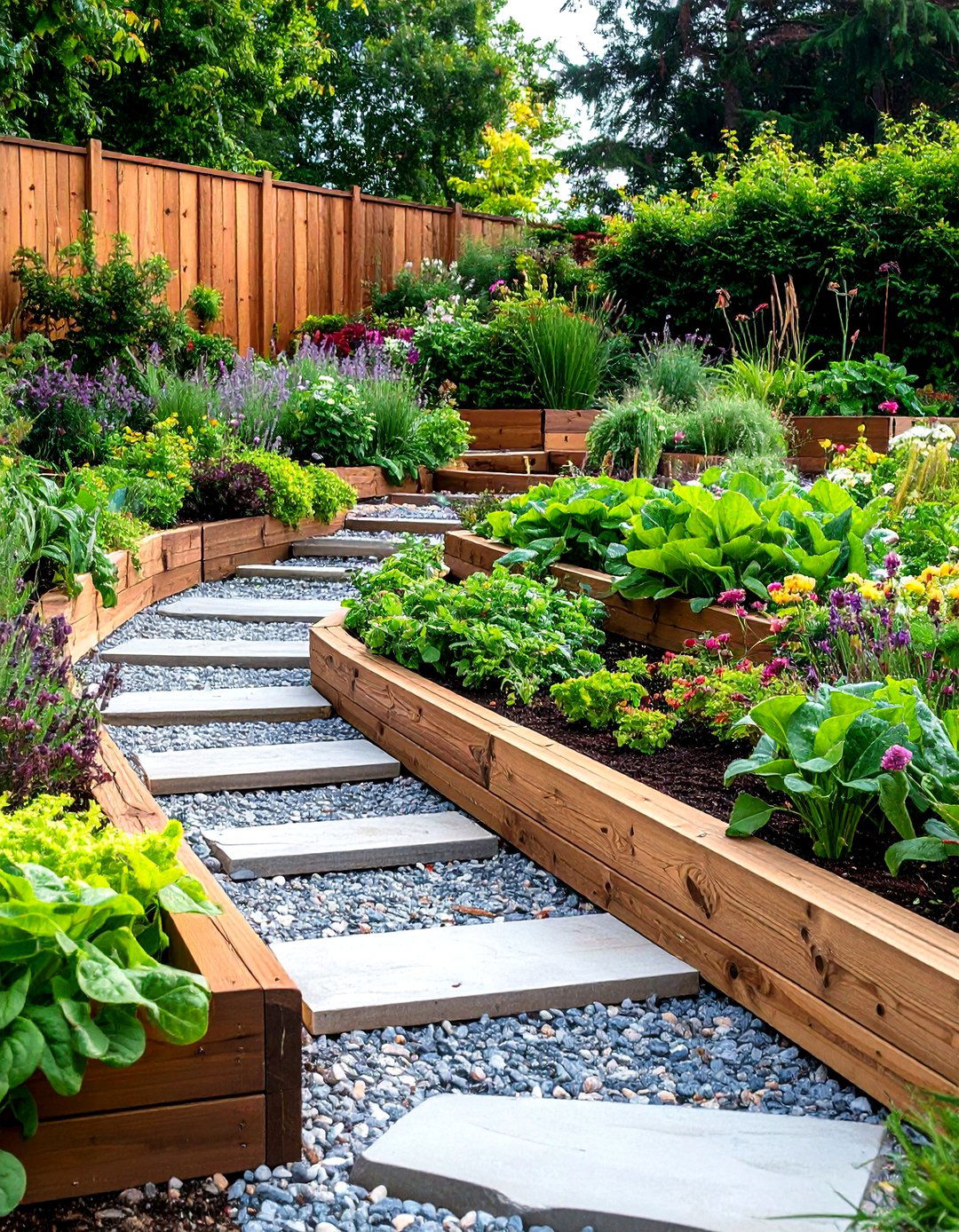
Timber sleepers offer a cost-effective and versatile solution for creating structured terraced gardens with natural warmth. These substantial wooden elements provide excellent stability for moderate slopes while maintaining an organic feel that complements most garden styles. Treated hardwood sleepers resist rot and insect damage, ensuring longevity in your terraced design. The rectangular form of sleepers makes them ideal for creating clean, geometric garden beds that can accommodate everything from vegetables to ornamental plants. Their uniform size simplifies construction planning and allows for precise level adjustments across uneven terrain. Consider using recycled railway sleepers for an eco-friendly option with added character, or opt for new treated timber for a cleaner aesthetic. Built-in planters and integrated seating can be easily incorporated into timber terraced designs, maximizing functionality while maintaining visual continuity.
3. Mediterranean Hillside Terraces
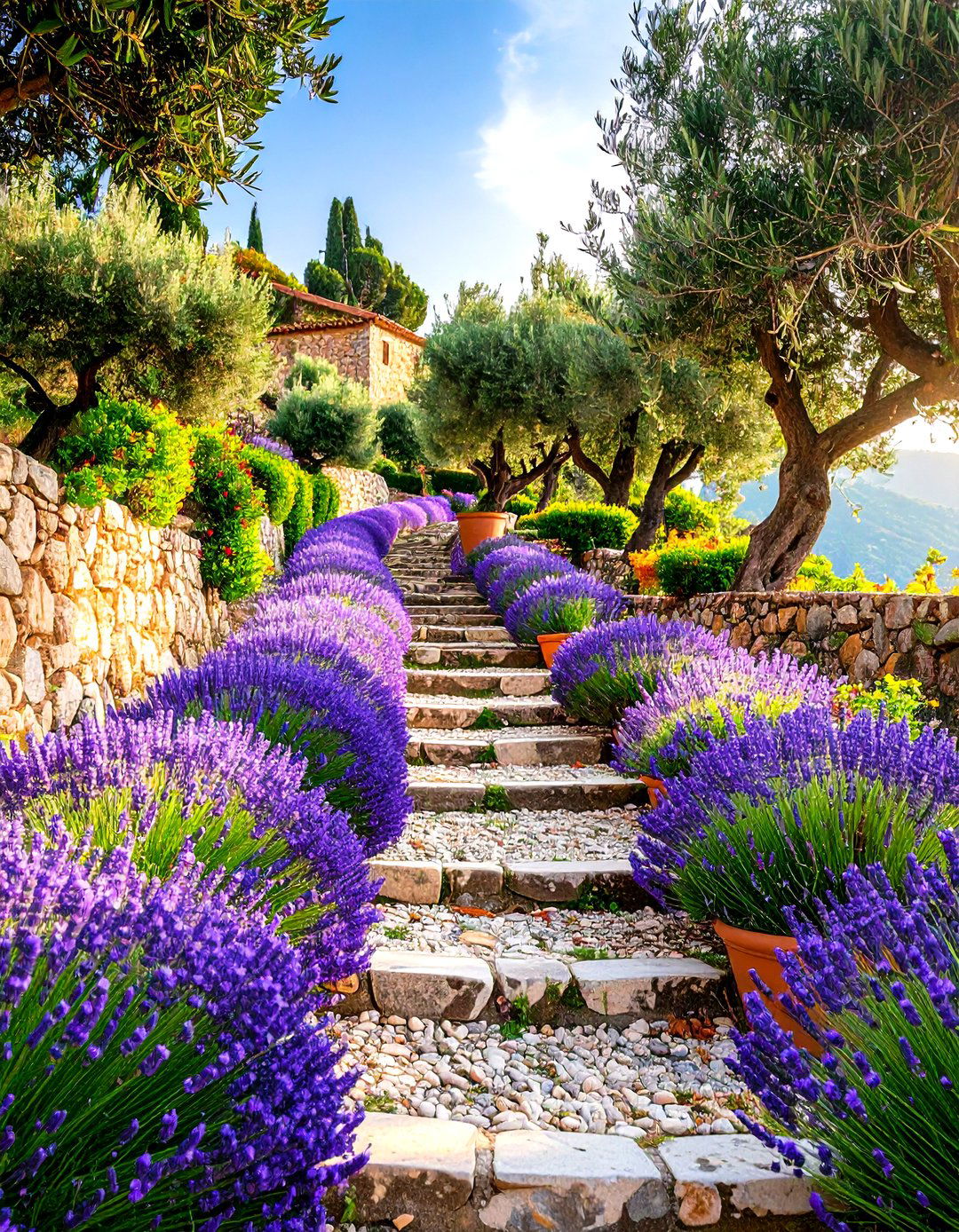
Mediterranean terracing brings Old World charm to sloped gardens through warm stone materials and drought-tolerant plantings. These sun-drenched terraces feature traditional dry-stone construction techniques that create excellent drainage while supporting vigorous root systems. Incorporate indigenous plants like lavender, rosemary, and olive trees to establish authentic Mediterranean character that thrives in terraced conditions. Terra-cotta elements, gravel pathways, and weathered stone create the perfect backdrop for herbs and aromatic plants that release fragrance as you move through the space. Consider adding small water features or fountains to provide cooling sounds and create focal points within your terraced design. The stepped layout naturally accommodates outdoor dining areas and contemplative seating spots that take advantage of views and gentle breezes. How would you incorporate traditional Mediterranean materials to create an authentic terraced retreat?
4. Japanese Zen Level Gardens
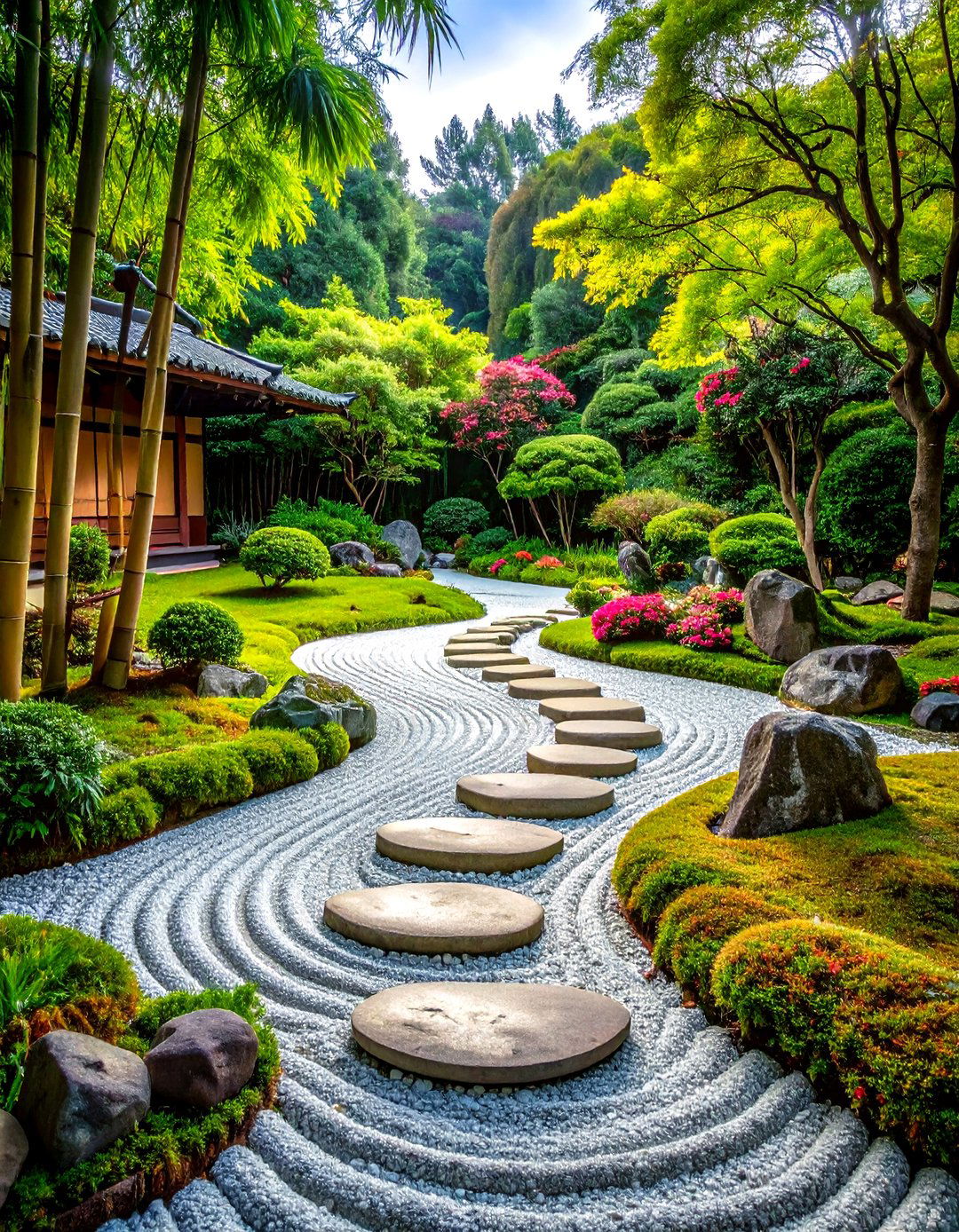
Japanese-inspired terraced gardens emphasize simplicity and contemplation through carefully planned level changes and minimal plant palettes. These serene spaces use natural materials like bamboo, stone, and gravel to create tranquil transitions between different garden zones. Each terraced level serves a specific purpose in the overall design narrative, whether showcasing a specimen tree, housing a meditation area, or providing space for raked gravel patterns. Asymmetrical balance guides the placement of elements, avoiding rigid symmetry while maintaining visual harmony throughout the terraced landscape. Strategic use of evergreen plants ensures year-round structure and interest, while deciduous elements provide seasonal change and movement. Water features, stepping stones, and carefully positioned boulders add authentic Japanese touches that enhance the meditative quality of your terraced space. The result creates a peaceful refuge that encourages mindfulness and connection with nature.
5. Modern Concrete Block Systems
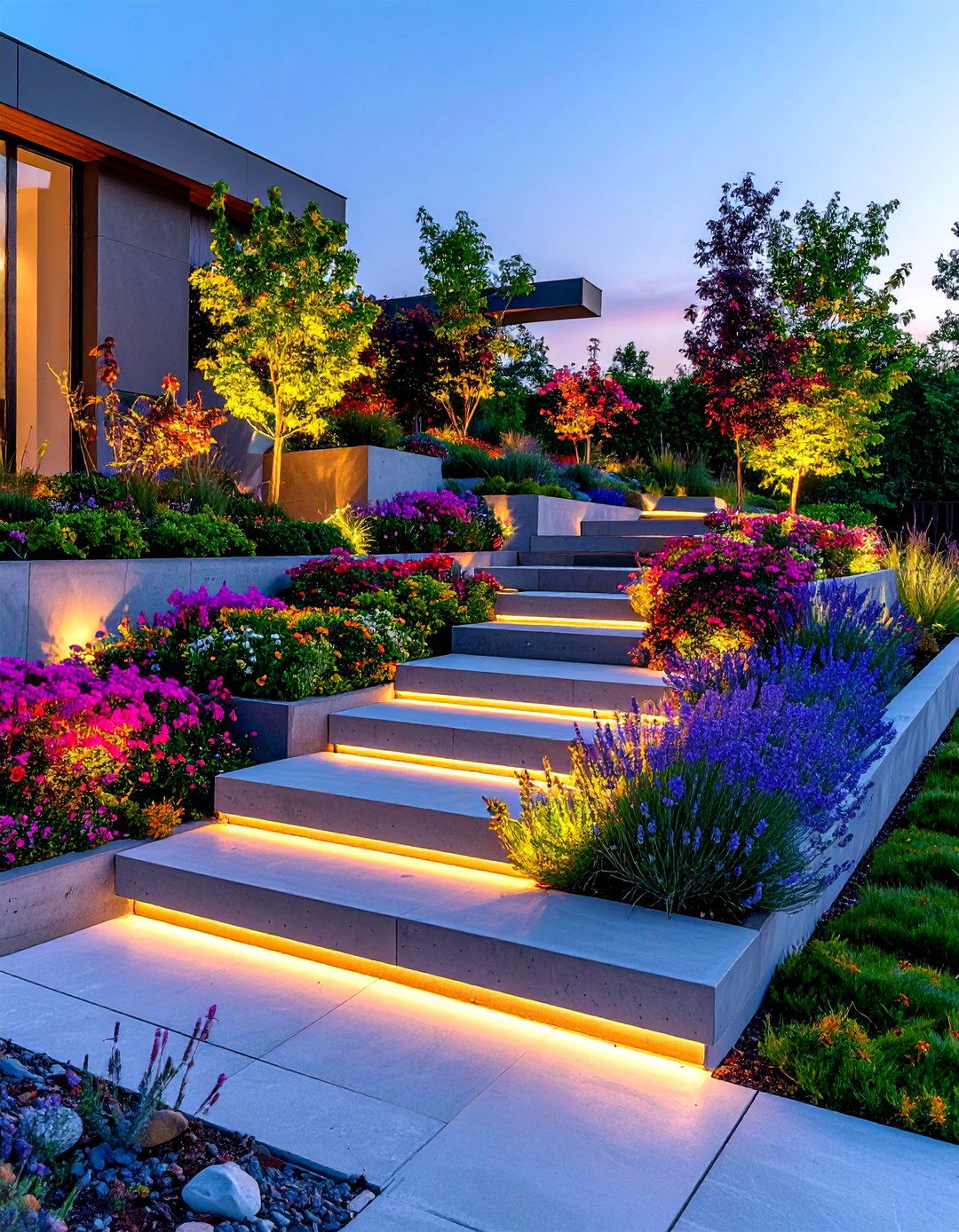
Contemporary concrete block terracing offers clean lines and exceptional durability for modern landscape designs. These engineered systems provide superior structural strength while accommodating creative design possibilities through varied textures, colors, and installation patterns. Interlocking block systems simplify construction while ensuring proper drainage and long-term stability across challenging terrain. The modular nature of concrete blocks allows for precise customization of wall heights and curves, adapting perfectly to your site's specific requirements. Consider blocks with built-in planters or textured surfaces that add visual interest while maintaining the crisp, architectural quality that defines contemporary design. These systems integrate beautifully with modern hardscaping materials like steel, glass, and composite decking. LED lighting can be incorporated directly into block construction, creating dramatic evening displays that highlight your terraced garden's structural elements. What contemporary design elements would enhance your modern terraced landscape?
6. Herb Garden Stepped Beds
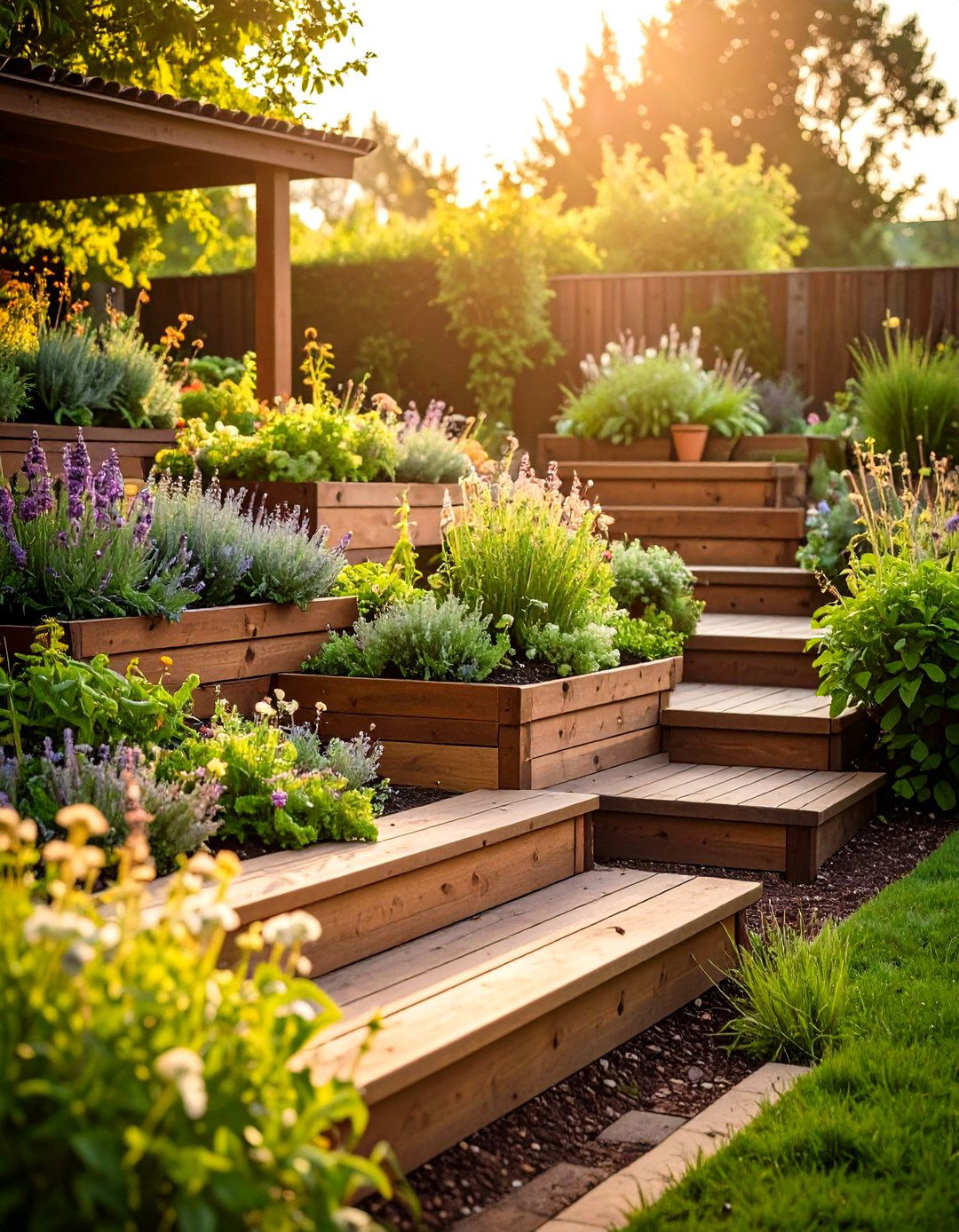
Terraced herb gardens maximize growing space while providing excellent drainage and easy access for harvesting. These practical terraced designs allow you to organize herbs by culinary use, growing requirements, or harvest timing across different levels. Each terrace can accommodate specific soil amendments and microclimates that benefit particular herb families, from Mediterranean herbs requiring excellent drainage to moisture-loving varieties that prefer richer soils. Strategic placement ensures adequate sun exposure for all plantings while creating natural windbreaks that protect delicate specimens. Consider incorporating raised beds within your terraced design to improve soil quality and extend the growing season. Gravel pathways between levels provide clean access for maintenance and harvesting while contributing to the overall Mediterranean aesthetic that many herbs prefer. Built-in seating areas allow you to enjoy the sensory experience of your herb terraces while planning meals and seasonal plantings.
7. Vegetable Terracing Systems

Vegetable terraced gardens transform steep slopes into productive growing spaces that maximize yield while minimizing erosion. These practical systems create level planting areas with improved drainage and soil management, essential for successful vegetable production. Each terraced level can be customized for specific crop requirements, allowing you to group plants with similar water and nutrient needs while optimizing sun exposure throughout the growing season. Consider incorporating drip irrigation systems that take advantage of gravity to efficiently water all terraced levels. Companion planting strategies work particularly well in terraced designs, where beneficial plant relationships can be easily managed across different levels. Wide pathways between terraces accommodate garden carts and tools while providing comfortable access for planting, maintenance, and harvesting activities. How would seasonal crop rotation work within your terraced vegetable garden layout to maintain soil health and maximize productivity?
8. Water Feature Integration Levels
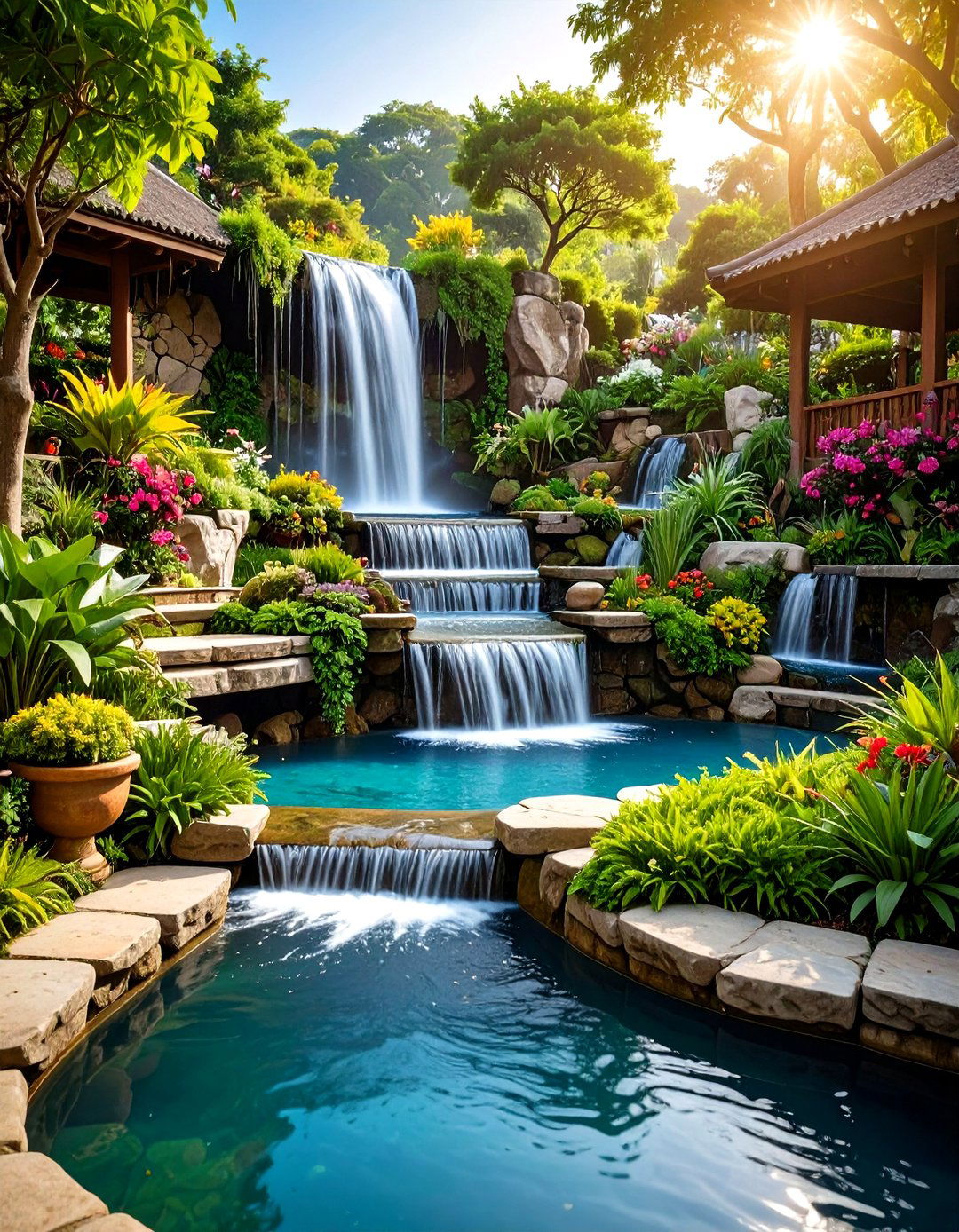
Terraced gardens with integrated water features create dynamic landscapes where moving water connects different levels naturally. These designs take advantage of gravity to create cascading fountains, stream features, or tiered pond systems that add sound and movement to your outdoor space. Each terraced level can incorporate different water elements, from reflecting pools to bubbling springs, creating varied experiences as you move through the garden. Strategic placement of pumps and filtration systems ensures efficient water circulation while maintaining the natural appearance of your water features. Consider incorporating rain gardens within your terraced design to manage stormwater runoff while supporting native plant communities. Aquatic plants, moisture-loving perennials, and bog gardens can be established at different levels, creating diverse habitats that support local wildlife. Evening lighting transforms water features into dramatic focal points that enhance the ambiance of your terraced landscape throughout the seasons.
9. Terraced Garden Lighting Design

Strategic lighting transforms terraced gardens into enchanting evening destinations while improving safety and functionality. These illuminated landscapes use different lighting techniques at each level to create depth and visual interest after dark. Path lighting along terraced walkways ensures safe navigation while uplighting specimen plants and architectural features adds drama and focal points. Solar-powered options work particularly well in terraced designs, where elevated positions maximize sun exposure during daylight hours for optimal evening performance. Consider low-voltage LED systems that can be easily integrated into retaining walls and planted areas without disrupting the natural aesthetic. Accent lighting highlights texture and form in stone walls, while subtle backlighting creates silhouettes of interesting plants and garden structures. Water features benefit from underwater or submersible lighting that creates magical reflections and movement patterns. What lighting design would best showcase your terraced garden's unique features while maintaining a natural nighttime atmosphere?
10. Multi-Level Seating Areas
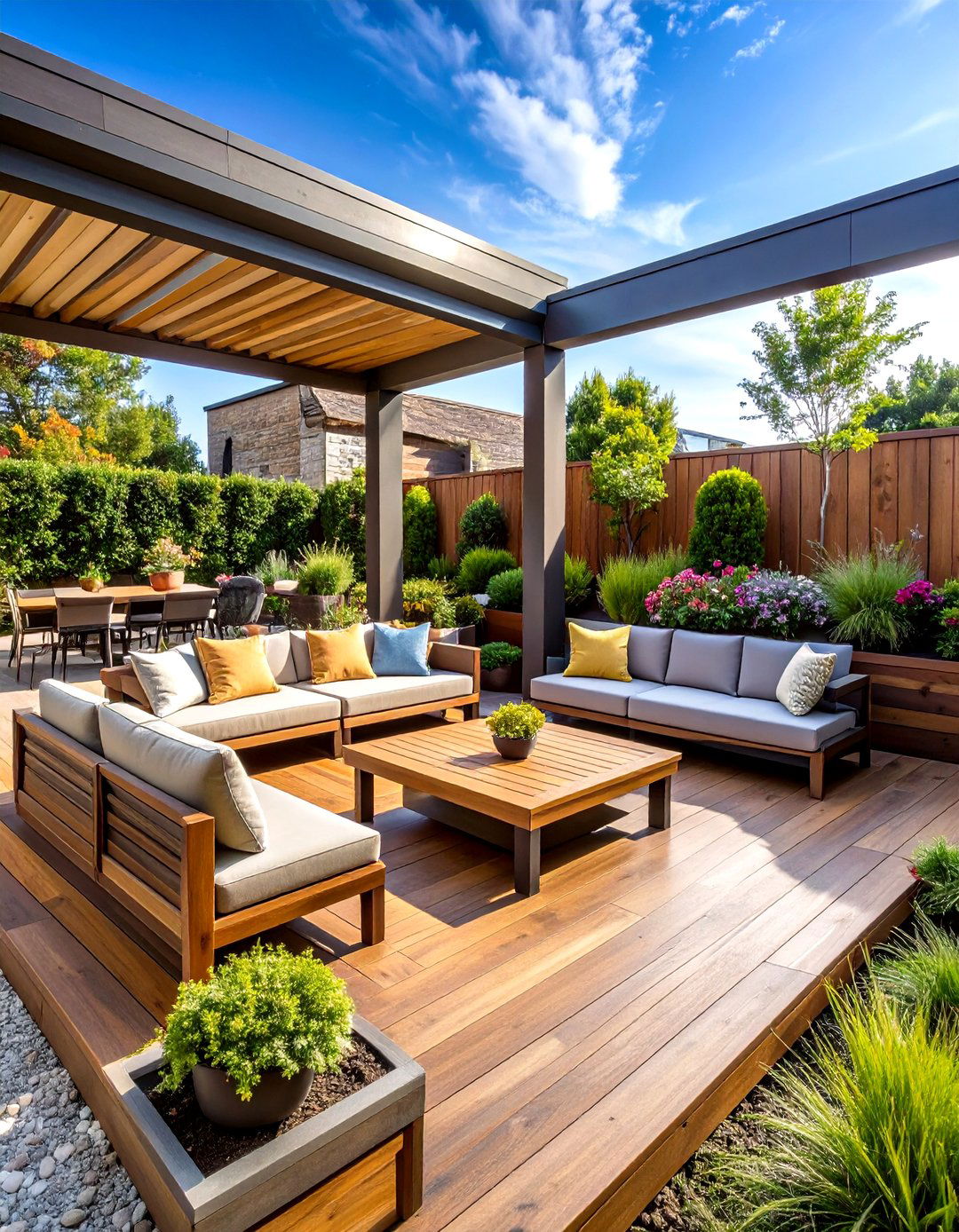
Terraced seating areas create intimate gathering spaces that take advantage of elevated views and natural amphitheater effects. These social terraces can accommodate everything from casual morning coffee spots to formal outdoor dining areas, each positioned to optimize comfort and scenery. Built-in seating integrated directly into retaining walls maximizes space efficiency while maintaining clean design lines throughout your terraced landscape. Consider varying seating heights and orientations to accommodate different activities and group sizes across your terraced design. Fire features, outdoor kitchens, and weather protection can be incorporated at appropriate levels to extend the usable season of your terraced entertaining areas. Privacy screening using plants or architectural elements helps define individual spaces while maintaining visual connection between levels. The natural stepping of terraced seating creates excellent acoustics for outdoor performances or gatherings while providing comfortable viewing angles for garden appreciation. How would you design transitions between different seating levels to encourage movement and social interaction?
11. Rock Garden Terraced Slopes

Rock garden terracing creates naturalistic landscapes that showcase alpine plants and drought-tolerant species in well-draining conditions. These specialized terraced environments mimic mountain ecosystems where many unique plants thrive in rocky, fast-draining soils. Each terraced level can feature different rock types and sizes, creating varied growing conditions that support diverse plant communities from sedums to native wildflowers. Strategic boulder placement provides natural windbreaks and creates microclimates that benefit specific plant groups while adding sculptural elements to your terraced design. Consider incorporating scree slopes and crevice gardens within your rock terraces to accommodate the most specialized alpine species. Gravel mulches and decomposed granite pathways complement the natural aesthetic while providing excellent drainage and easy maintenance access. The thermal mass of rocks helps moderate soil temperatures, protecting plants during extreme weather while creating interesting seasonal displays as different species bloom throughout the year.
12. Native Plant Terraced Ecosystems
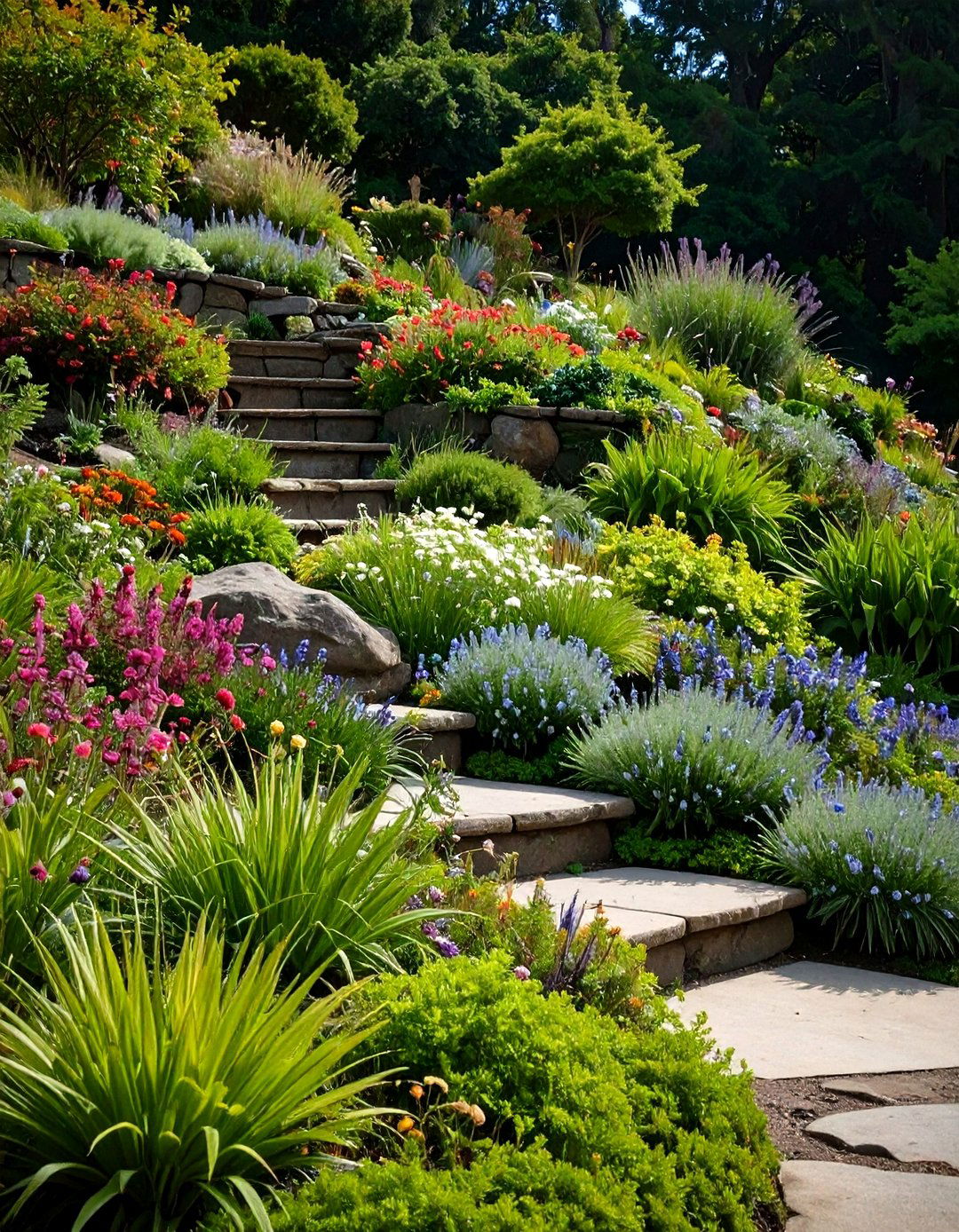
Native plant terracing creates sustainable landscapes that support local wildlife while reducing maintenance requirements and water usage. These ecological terraced systems can recreate natural habitat transitions from wetland to upland communities across different levels of your garden. Each terraced zone can accommodate different native plant communities based on moisture, sun exposure, and soil conditions, creating diverse ecosystems that provide food and shelter for beneficial insects, birds, and other wildlife. Consider incorporating seed collection and propagation areas within your terraced design to expand native plantings over time. Rain gardens and bioswales can be integrated at appropriate levels to manage stormwater while supporting specialized native plant communities. The natural progression of elevations allows you to showcase seasonal changes and wildlife activity throughout the year. What native plant communities would thrive in your specific climate and soil conditions while creating year-round interest in your terraced landscape?
13. Drought-Tolerant Terraced Gardens
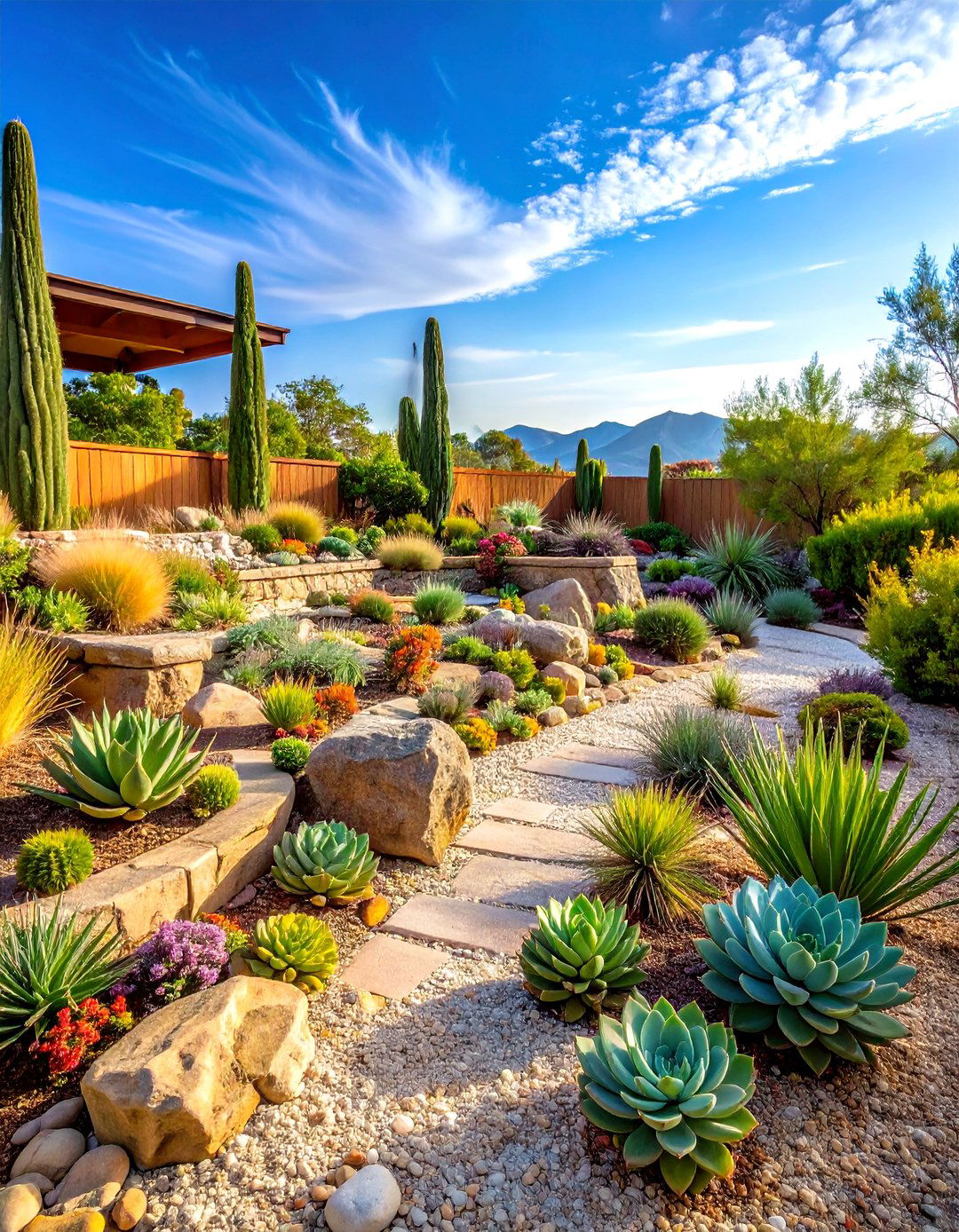
Drought-tolerant terracing creates resilient landscapes that thrive with minimal water while showcasing spectacular plants adapted to arid conditions. These water-wise terraced designs emphasize excellent drainage and strategic plant placement to maximize natural rainfall while minimizing irrigation needs. Each terraced level can feature different drought-adapted plant communities, from succulents and cacti to ornamental grasses and Mediterranean herbs that provide year-round structure and seasonal interest. Gravel mulches and decomposed granite surfaces reduce water loss while creating attractive pathways and design elements throughout your terraced landscape. Consider incorporating rainwater harvesting systems that capture and direct precipitation to planted areas where it provides the most benefit. Strategic shade structures and windbreaks help protect sensitive plants while creating comfortable microclimates for both plants and people. The sculptural forms and unique textures of drought-tolerant plants create striking visual displays that challenge traditional garden expectations while requiring minimal ongoing maintenance.
14. Small Space Terraced Solutions
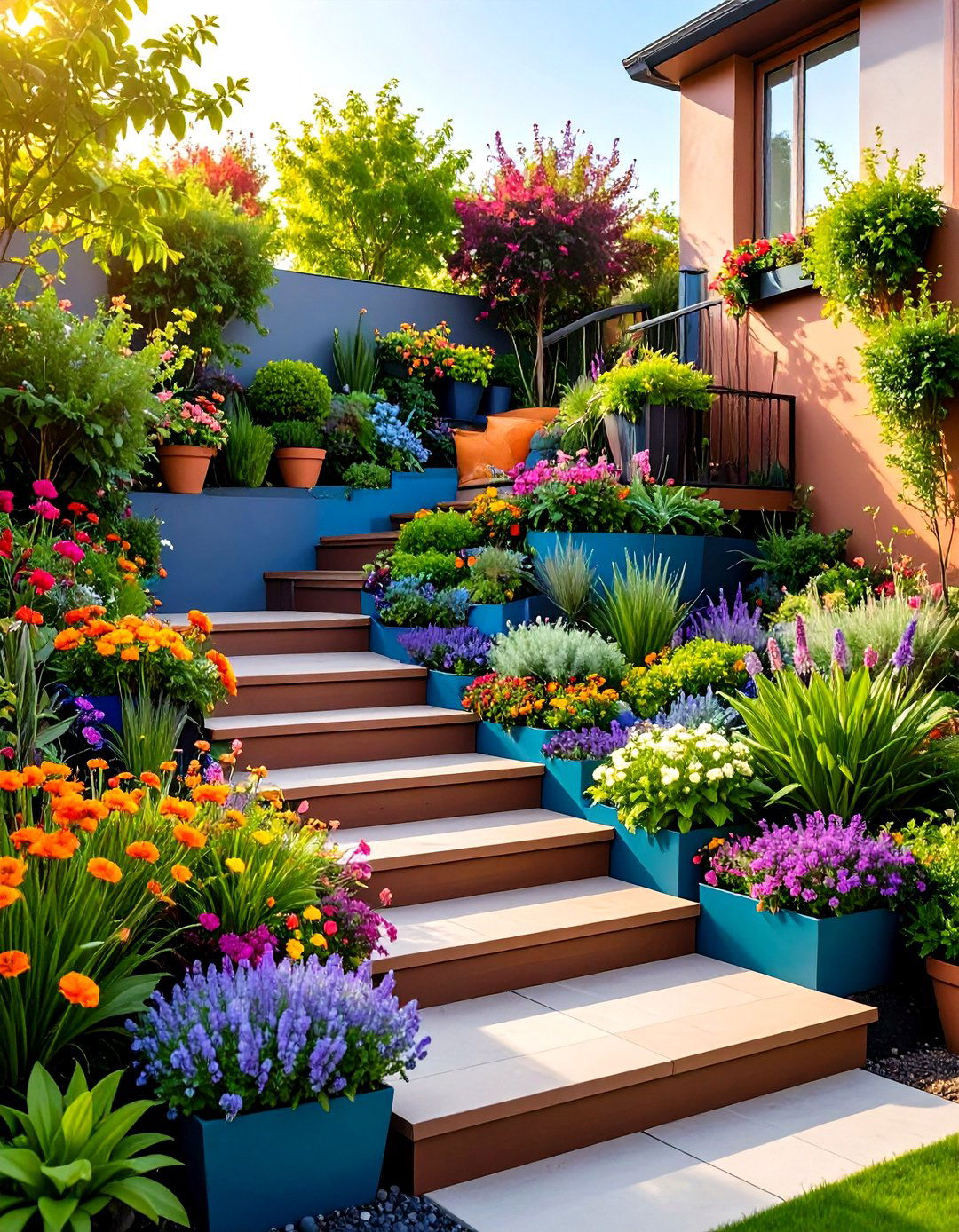
Compact terraced gardens maximize growing and living space in small yards through clever vertical design and efficient space utilization. These space-saving terraced systems can transform even modest slopes into functional outdoor areas that accommodate multiple activities and plant displays. Each terraced level serves multiple purposes, combining planting areas with storage, seating, or display functions to make the most of available space. Modular systems and container gardening techniques work particularly well in small terraced designs, allowing for easy reconfiguration as needs change throughout the seasons. Consider incorporating fold-down tables, built-in storage benches, and vertical growing systems that maximize functionality without overwhelming the space. Mirrors and reflective surfaces can create the illusion of expanded space while amplifying natural light throughout your compact terraced garden. Strategic plant selection emphasizes multi-season interest and compact growth habits that provide maximum impact in minimal space. How would you prioritize different functions within your small terraced space to create the most satisfying outdoor environment?
15. Privacy Screening Terraced Walls
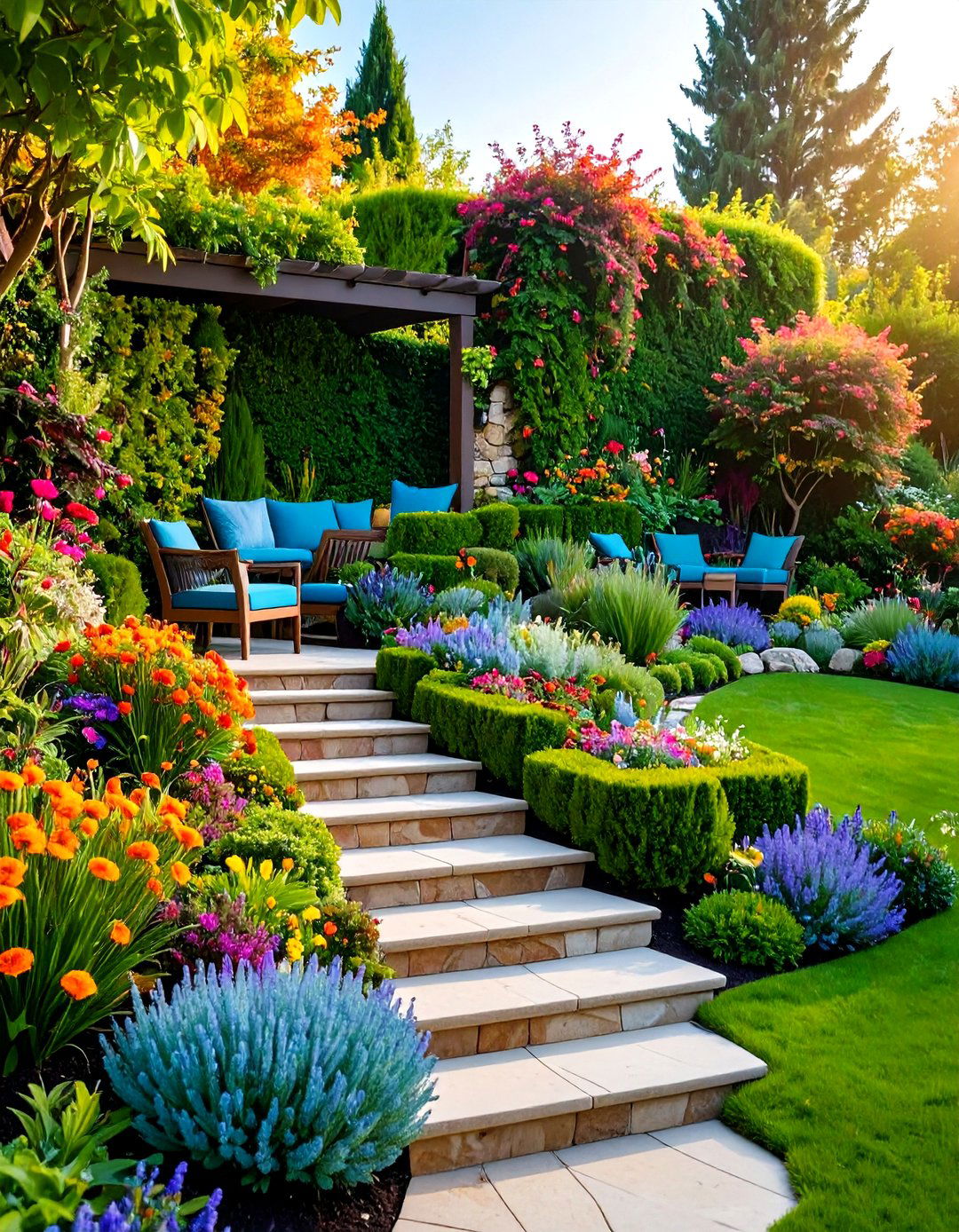
Terraced privacy gardens create secluded outdoor sanctuaries through strategic screening and level changes that block unwanted views while enhancing desired prospects. These privacy-focused terraced designs use combinations of planted screens, architectural elements, and elevation changes to create intimate spaces within larger landscapes. Each terraced level can incorporate different screening strategies, from dense evergreen plantings to decorative walls that provide immediate privacy while establishing long-term beauty. Consider fast-growing hedge materials and climbing plants that quickly establish effective screening while developing into attractive landscape features over time. Integrated seating and gathering areas can be positioned to take advantage of optimal privacy and comfort within your terraced design. Sound masking through water features, rustling grasses, and dense plantings helps create peaceful environments that feel removed from urban noise and activity. The natural stepping of terraced screens creates interesting visual layers that add depth and complexity to your private outdoor sanctuary.
16. Curved Vs Linear Terraced Designs
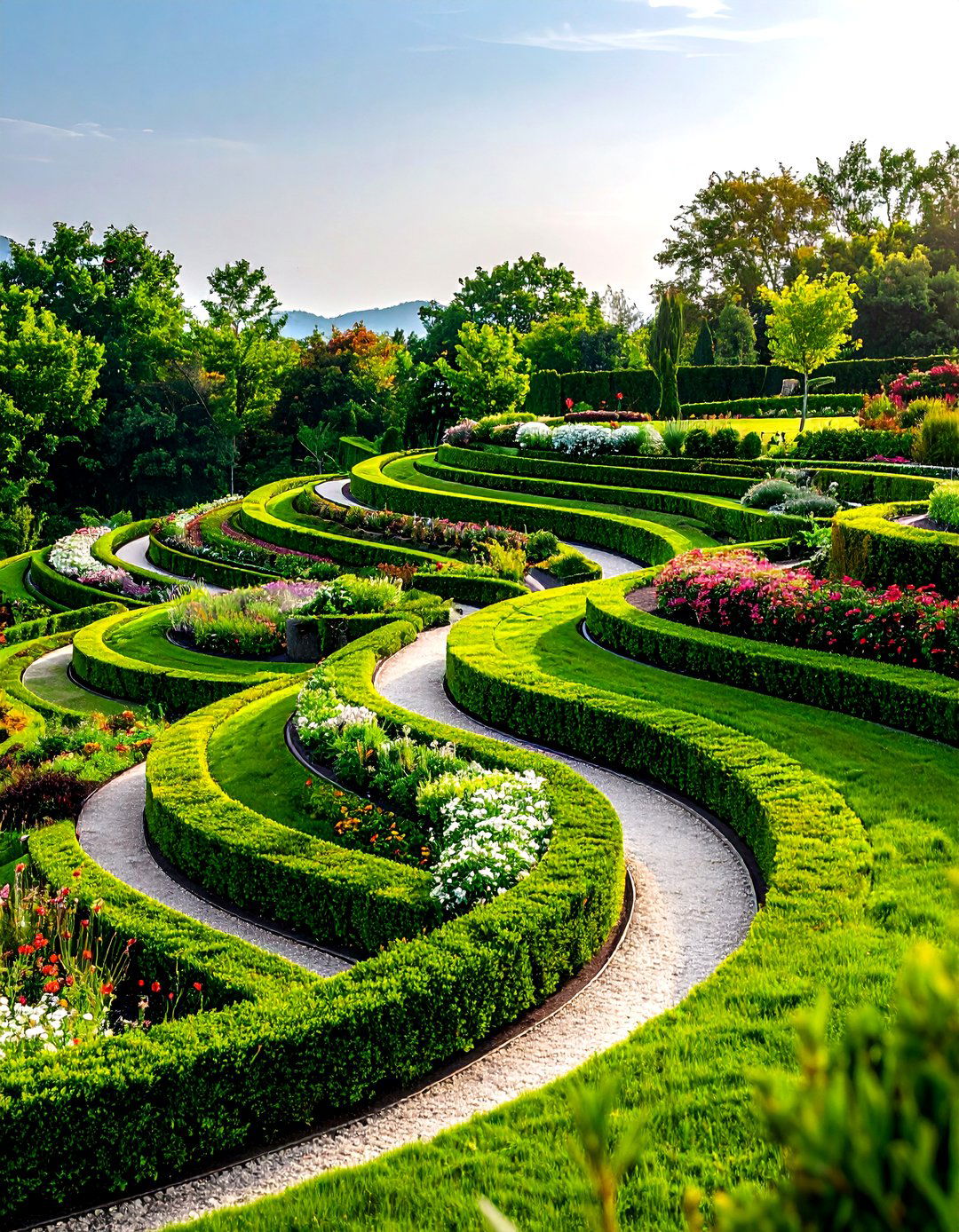
Curved terraced gardens create flowing, organic landscapes that follow natural contours while linear designs establish formal structure and geometric precision. These contrasting approaches offer different aesthetic experiences and practical benefits depending on your site conditions and design preferences. Curved terraces work particularly well with existing topography, creating naturalistic transitions that feel integrated with the surrounding landscape while accommodating irregular slopes and varied site conditions. Linear terraces provide maximum growing space and simplified construction while establishing strong architectural statements that complement modern design sensibilities. Consider combining both approaches within a single terraced system, using curves to create intimate gathering areas and linear elements for productive growing zones. The choice between curved and linear terracing affects everything from construction complexity to plant selection and maintenance access. Drainage patterns, view corridors, and circulation routes all respond differently to curved versus linear terraced layouts. What design approach would best complement your home's architecture while enhancing your landscape's natural features?
17. Gravel and Paving Terraced Integration
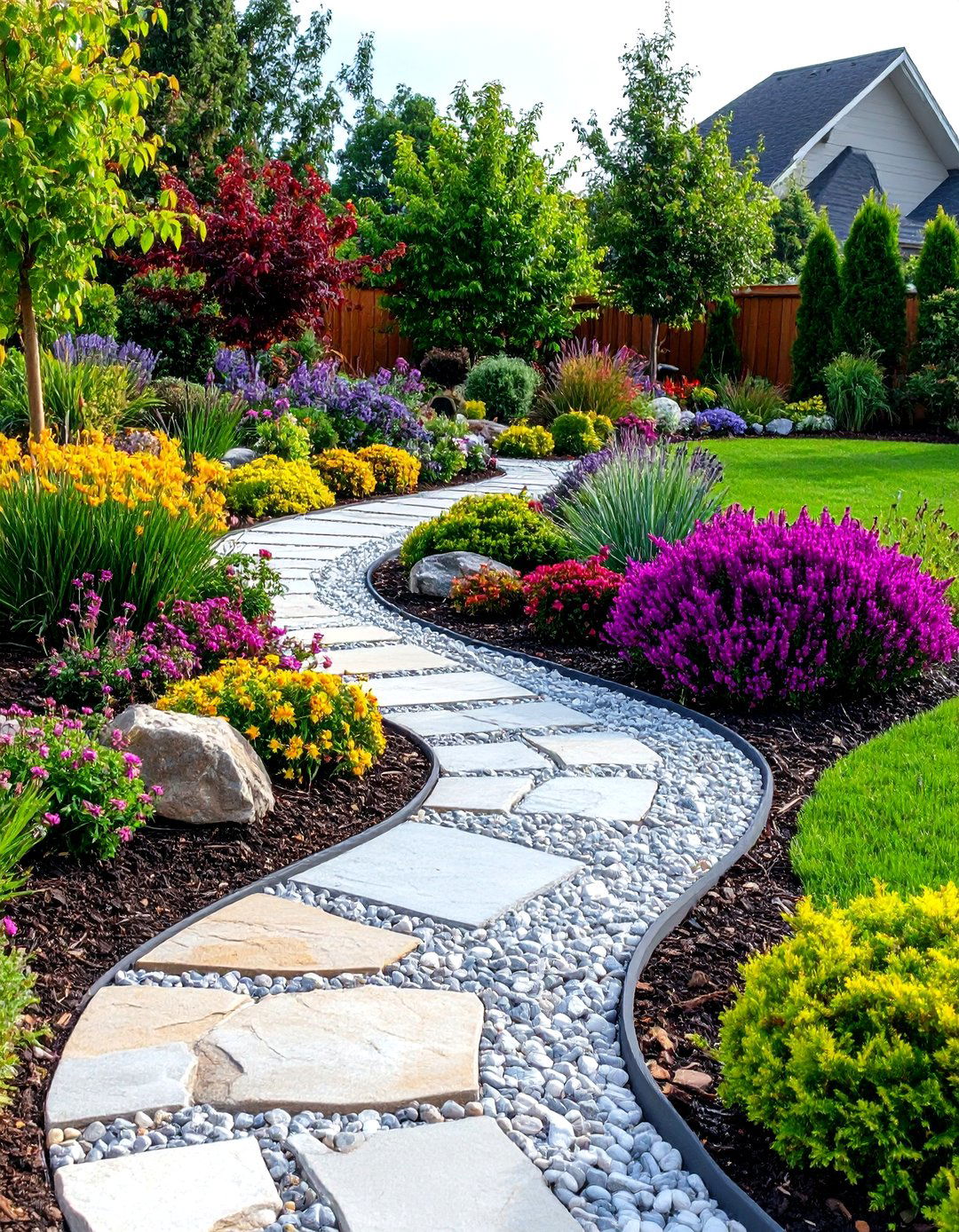
Terraced gardens with integrated gravel and paving create low-maintenance landscapes that combine planted areas with hardscaped surfaces for maximum functionality. These mixed-material terraced designs balance soft plantings with durable surfaces that accommodate foot traffic, outdoor furniture, and seasonal activities. Each terraced level can feature different combinations of materials, from permeable gravel areas that support naturalistic plantings to solid paving that provides stable platforms for dining and entertaining. Consider using matching or complementary materials throughout your terraced design to create visual continuity while accommodating different functional requirements. Decorative gravels, colored concrete, and natural stone paving can be combined in creative patterns that add visual interest while maintaining practical performance. Proper drainage design ensures that hardscaped areas shed water effectively toward planted zones where it provides maximum benefit. Transition zones between different materials require careful detailing to prevent erosion and maintain clean, professional appearance throughout your terraced landscape.
18. Slope Stabilization Terraced Systems
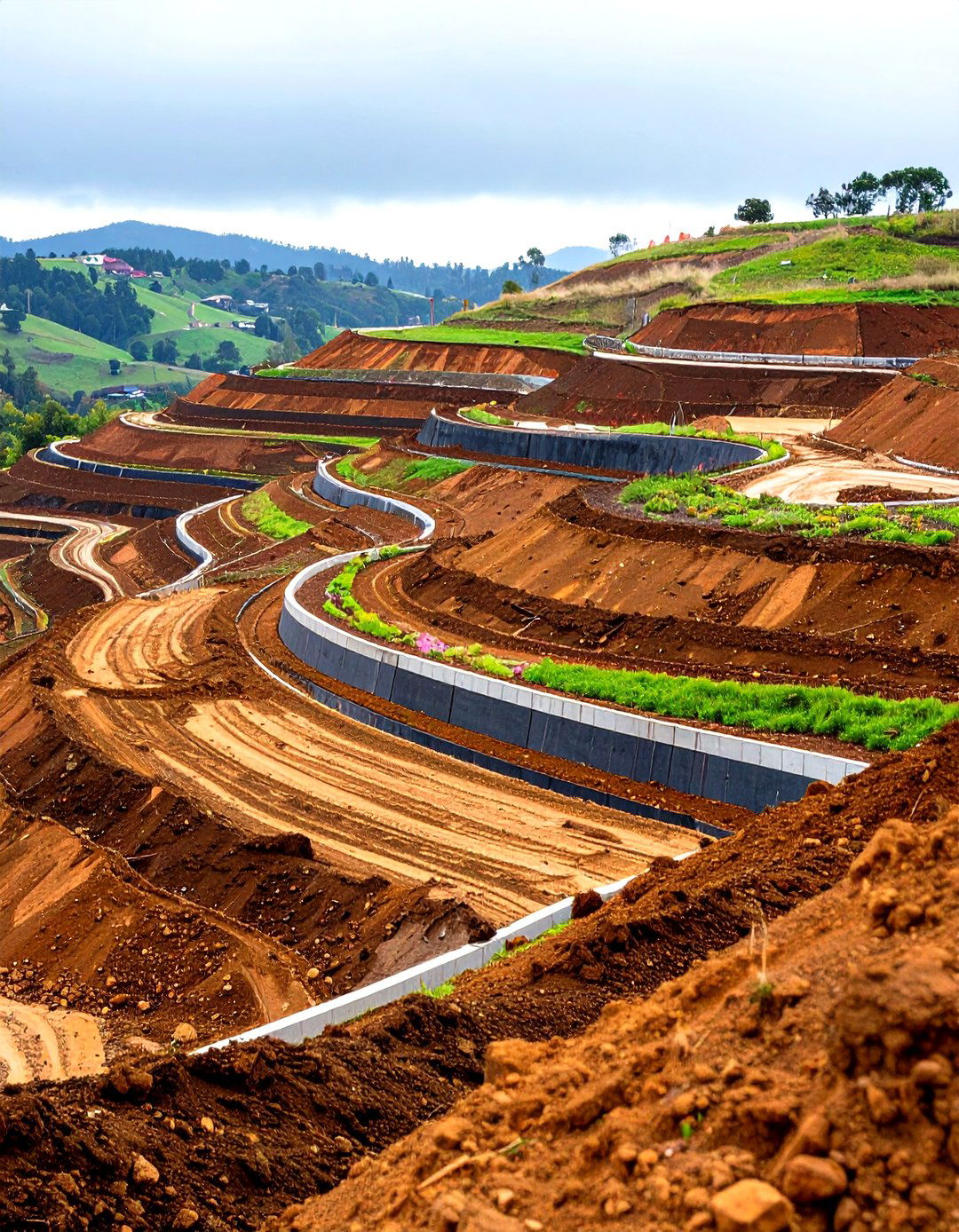
Engineering-focused terraced gardens prioritize slope stabilization while creating attractive planted landscapes that prevent erosion and soil movement. These structural terraced systems use proven construction techniques and appropriate materials to ensure long-term stability on challenging sites. Each terraced level incorporates proper drainage, appropriate backfill materials, and reinforcement techniques that maintain structural integrity while supporting healthy plant growth. Consider geotextile fabrics, drainage pipes, and engineered soils that enhance stability while providing optimal growing conditions for your selected plants. Professional engineering consultation ensures that structural requirements are met while achieving your aesthetic goals within budget and timeline constraints. Plant selection emphasizes deep-rooted species that provide additional soil stabilization while offering seasonal interest and wildlife habitat benefits. The combination of proper engineering and thoughtful plant selection creates terraced landscapes that perform reliably while becoming more beautiful and stable over time. How would professional slope analysis influence your terraced garden design to ensure both safety and beauty?
19. Raised Bed Terraced Systems
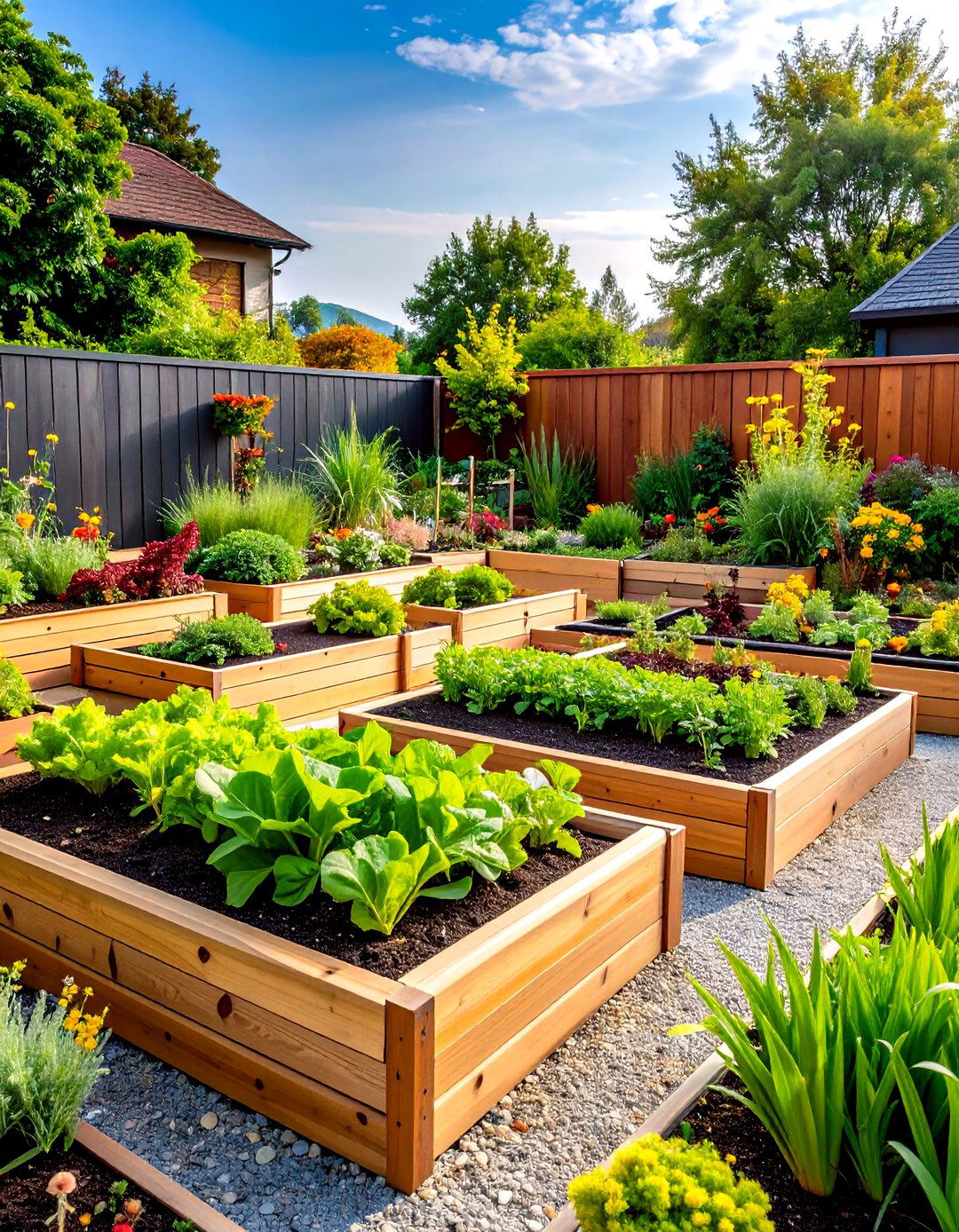
Raised bed terracing combines the benefits of container gardening with permanent landscape structure, creating ideal growing conditions while accommodating challenging terrain. These elevated terraced systems provide excellent drainage, soil control, and easy access while transforming slopes into productive garden areas. Each raised bed can be customized with specific soil mixtures and amendments that support particular plant requirements, from acid-loving blueberries to alkaline-preferring herbs and vegetables. Consider modular construction techniques that allow for easy expansion or reconfiguration as your gardening needs evolve over time. Built-in irrigation systems work particularly well with raised bed terraces, where gravity-fed distribution ensures efficient water delivery to all planted areas. The defined edges of raised beds create clean, organized appearance while providing natural barriers that prevent soil erosion and plant spreading. Accessibility features like wider pathways and comfortable working heights make raised bed terraces ideal for gardeners with mobility considerations while maintaining attractive landscape integration.
20. Multi-Level Entertainment Terraces

Entertainment-focused terraced gardens create dynamic outdoor living spaces that accommodate different activities across various elevations and exposures. These social terraced systems can include cooking areas, dining spaces, lounging zones, and activity areas that take advantage of optimal views and comfort conditions. Each terraced level can be designed for specific entertainment functions, from intimate conversation areas to large gathering spaces that accommodate parties and celebrations. Consider integrating outdoor kitchens, fire features, audio systems, and weather protection that extend the usable season and enhance comfort throughout your terraced entertainment areas. Lighting design becomes particularly important in entertainment terraces, where safety, ambiance, and functionality must be balanced across multiple levels and activity zones. Storage solutions, utility connections, and furniture selection require careful planning to ensure that each terraced level functions effectively while maintaining visual appeal. How would you sequence different entertainment activities across your terraced levels to create natural flow and optimal guest experience?
21. Cottage Garden Terraced Plantings
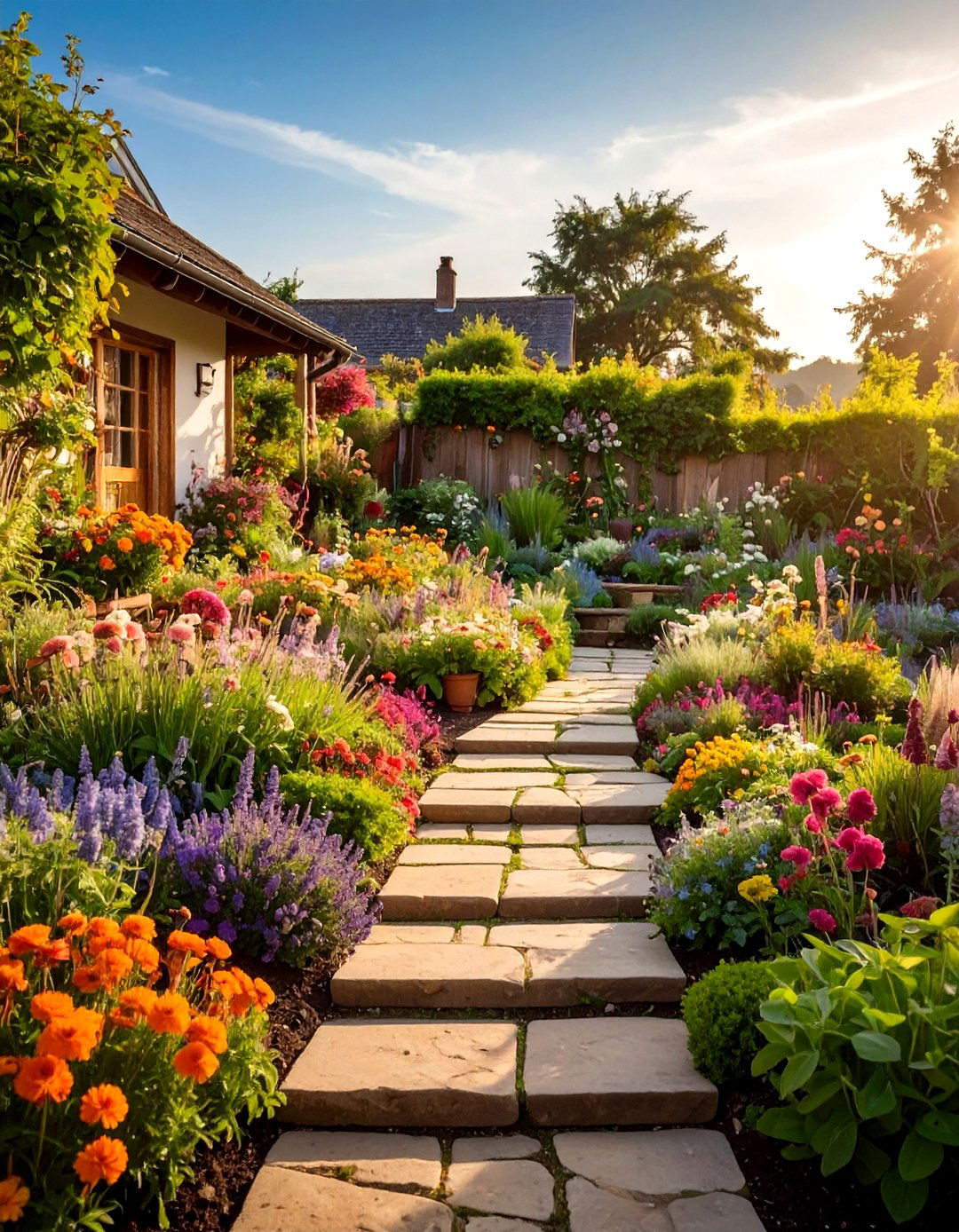
Cottage garden terracing creates romantic, informal landscapes that showcase traditional perennials, herbs, and flowering plants in relaxed, abundant displays. These charming terraced systems emphasize plant combinations and seasonal succession rather than rigid structure, creating gardens that feel established and naturally evolved. Each terraced level can feature different plant themes or color combinations while maintaining the overall cottage garden aesthetic of profuse, mixed plantings that provide continuous bloom and fragrance. Consider self-seeding annuals and naturalistic plant combinations that create happy accidents and unexpected combinations throughout your terraced cottage garden. Traditional materials like weathered stone, reclaimed timber, and vintage garden ornaments enhance the established character that defines cottage garden style. Meandering pathways, hidden seating areas, and abundant climbing plants create intimate spaces within your terraced cottage garden that invite exploration and lingering appreciation. The informal nature of cottage gardens makes them particularly forgiving of construction variations and settling that naturally occur in terraced landscapes over time.
22. Contemporary Minimalist Terracing

Minimalist terraced gardens emphasize clean lines, simple materials, and sophisticated plant selections that create dramatic impact through restraint and precision. These modern terraced systems use limited color palettes, geometric forms, and carefully edited plant selections to achieve maximum visual impact with minimal complexity. Each terraced level serves a specific design function while maintaining the overall aesthetic of simplicity and elegance that defines contemporary minimalism. Consider using single materials like poured concrete, steel, or composite decking that create seamless, uninterrupted surfaces throughout your terraced design. Architectural plants with strong forms and textures provide year-round structure while seasonal elements add controlled variety without overwhelming the minimalist aesthetic. Integrated lighting, hidden drainage systems, and concealed utility connections maintain the clean appearance that characterizes successful minimalist design. Strategic spacing and negative space become as important as planted areas in creating the sense of calm and order that makes minimalist terraced gardens so appealing.
23. Coastal Terraced Wind Gardens
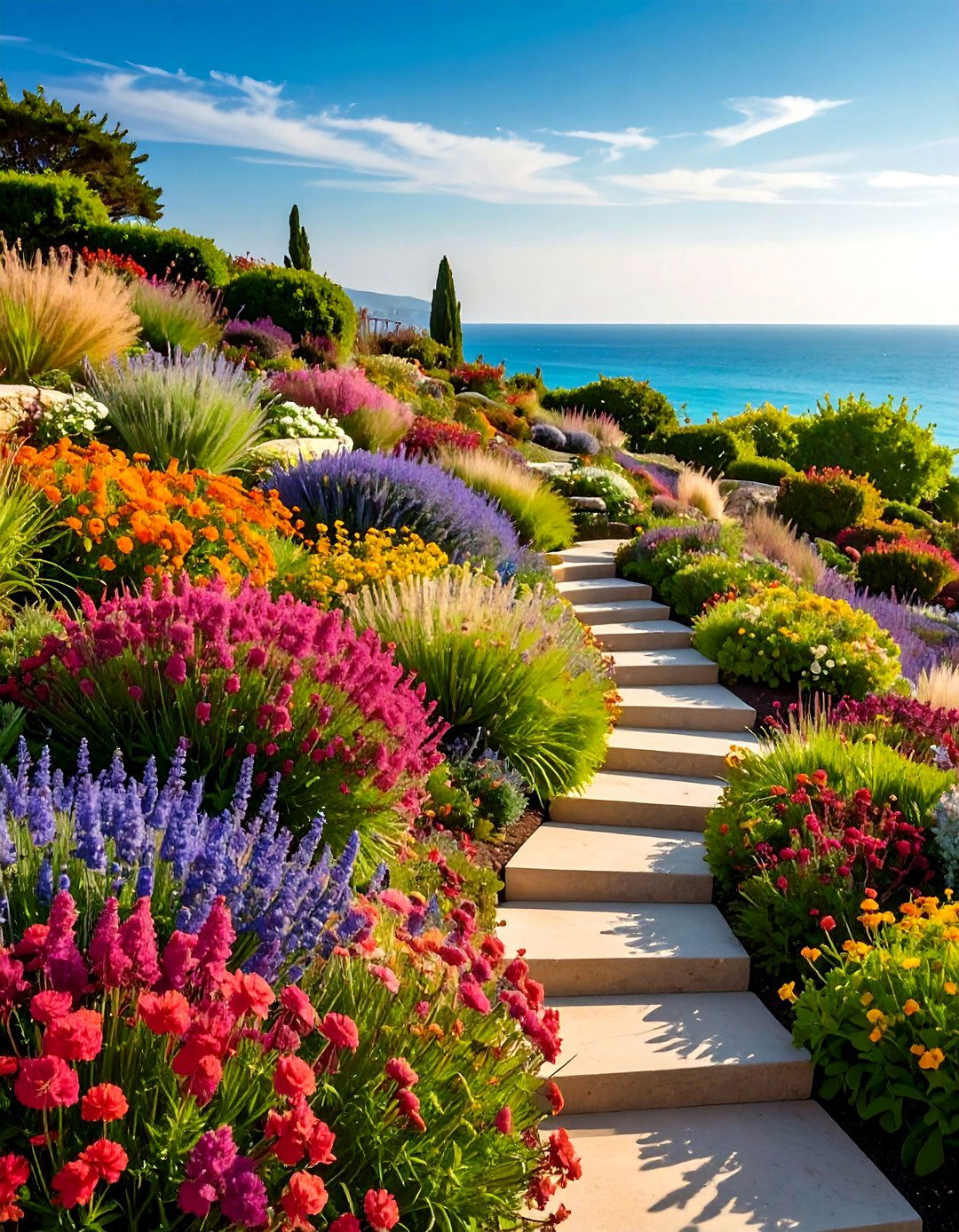
Coastal terraced gardens address unique challenges of salt exposure, wind, and sandy soils while creating resilient landscapes that thrive in maritime conditions. These specialized terraced systems use salt-tolerant plants and protective design strategies that work with coastal weather patterns rather than fighting against them. Each terraced level can provide different levels of wind protection, allowing you to grow increasingly sensitive plants as you move away from direct coastal exposure. Consider native coastal plants, ornamental grasses, and succulent species that naturally thrive in salt air while providing year-round structure and seasonal interest. Wind barriers, drainage systems, and soil amendments specifically designed for coastal conditions ensure long-term success while maintaining attractive landscape appeal. The terraced structure provides opportunities to create sheltered microclimates that expand your plant palette while maintaining the rugged beauty that characterizes successful coastal gardens. How would you design wind protection and salt tolerance into your coastal terraced garden while preserving ocean views and natural beauty?
24. Wildlife Habitat Terraced Gardens
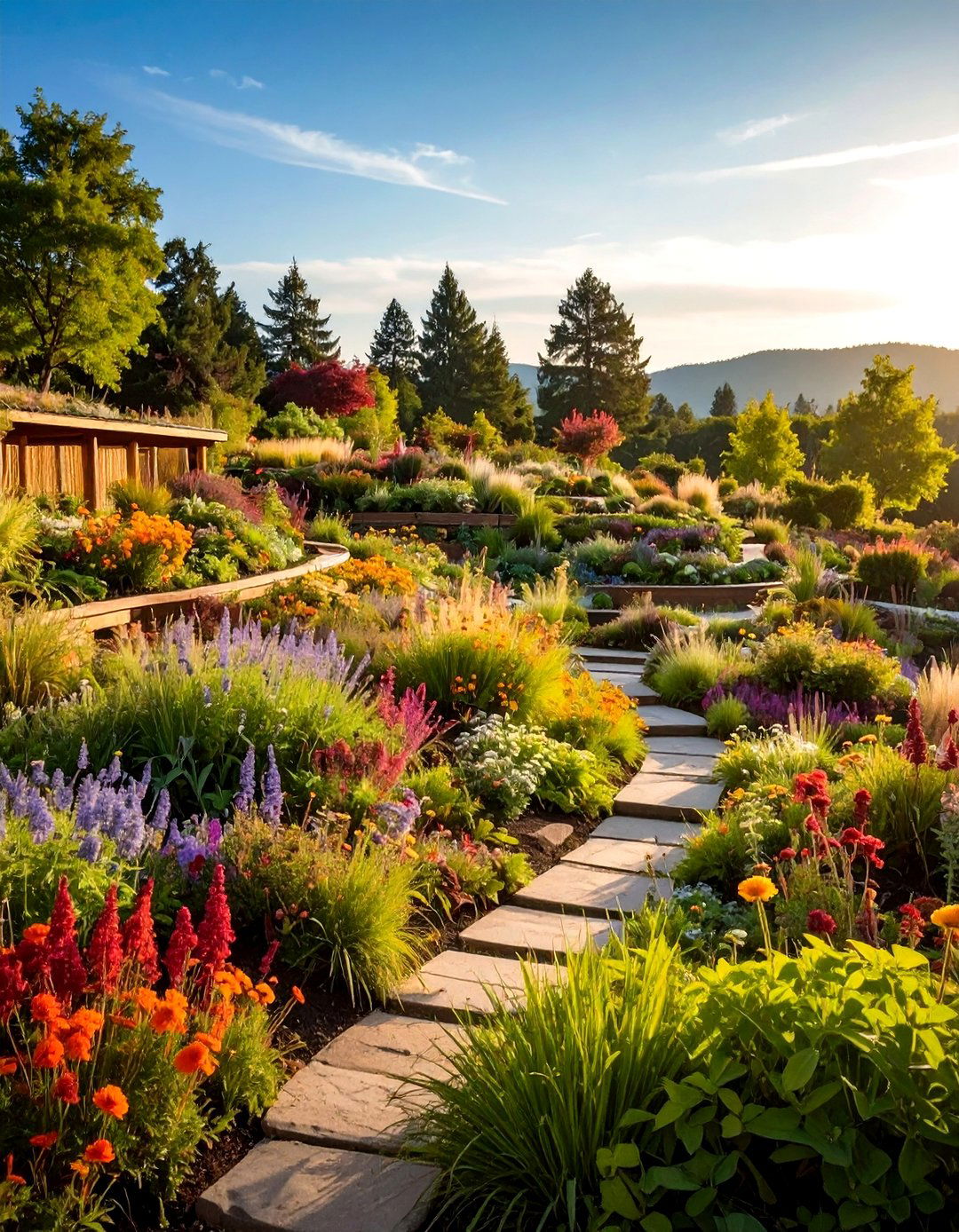
Wildlife-focused terraced gardens create diverse ecosystems that support birds, beneficial insects, and other local fauna while providing beautiful landscape displays throughout the seasons. These habitat-rich terraced systems incorporate food sources, nesting sites, water features, and shelter areas that attract and sustain wildlife populations. Each terraced level can support different habitat types, from butterfly gardens and bird feeding areas to pollinator meadows and small mammal shelters that create complete ecosystem support. Consider native plant selections that provide seeds, berries, nectar, and nesting materials throughout the year while creating beautiful seasonal displays and natural garden management. Water features, brush piles, and varied vegetation heights create the structural diversity that supports maximum wildlife activity and observation opportunities. The terraced structure allows you to create optimal viewing areas and photography positions while maintaining respectful distance from sensitive wildlife habitats. Organic gardening practices and pesticide-free maintenance ensure that your terraced wildlife garden provides safe habitat while demonstrating environmental stewardship and conservation values.
Conclusion:
Terraced gardens represent one of the most effective solutions for transforming challenging slopes into functional, beautiful outdoor spaces that enhance both property value and quality of life. Whether you choose traditional stone construction, modern engineered systems, or creative combinations of materials and plants, terraced designs offer endless possibilities for customization and creativity. The key to successful terraced gardening lies in understanding your site's specific conditions, selecting appropriate materials and plants, and planning for long-term maintenance and evolution. From intimate herb gardens to expansive entertainment areas, these multilevel landscapes can accommodate any lifestyle while providing superior drainage, erosion control, and visual interest throughout the seasons. The investment in proper terraced construction pays dividends through decades of reliable performance and increasing beauty as plants mature and systems establish themselves within your landscape's natural patterns.



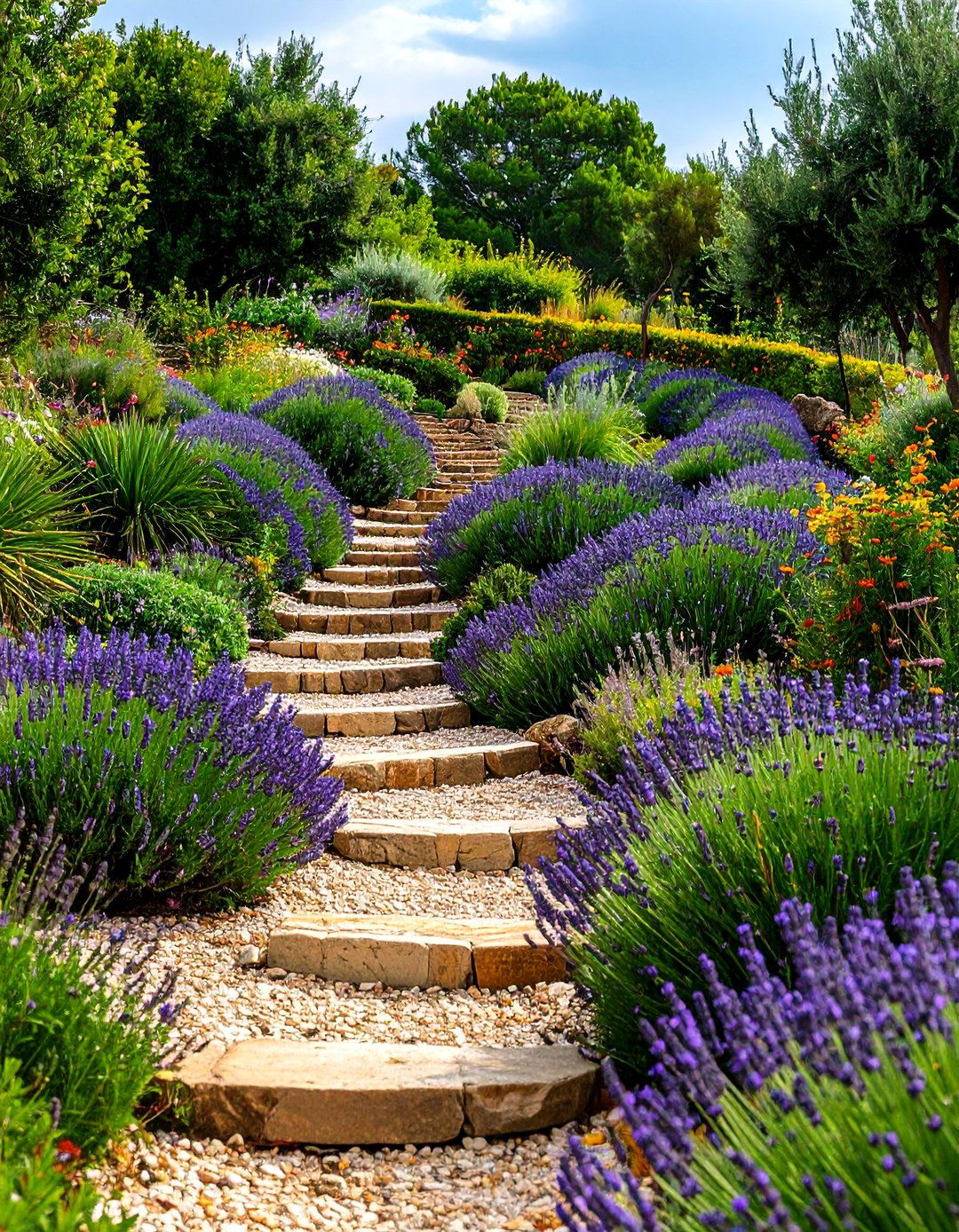

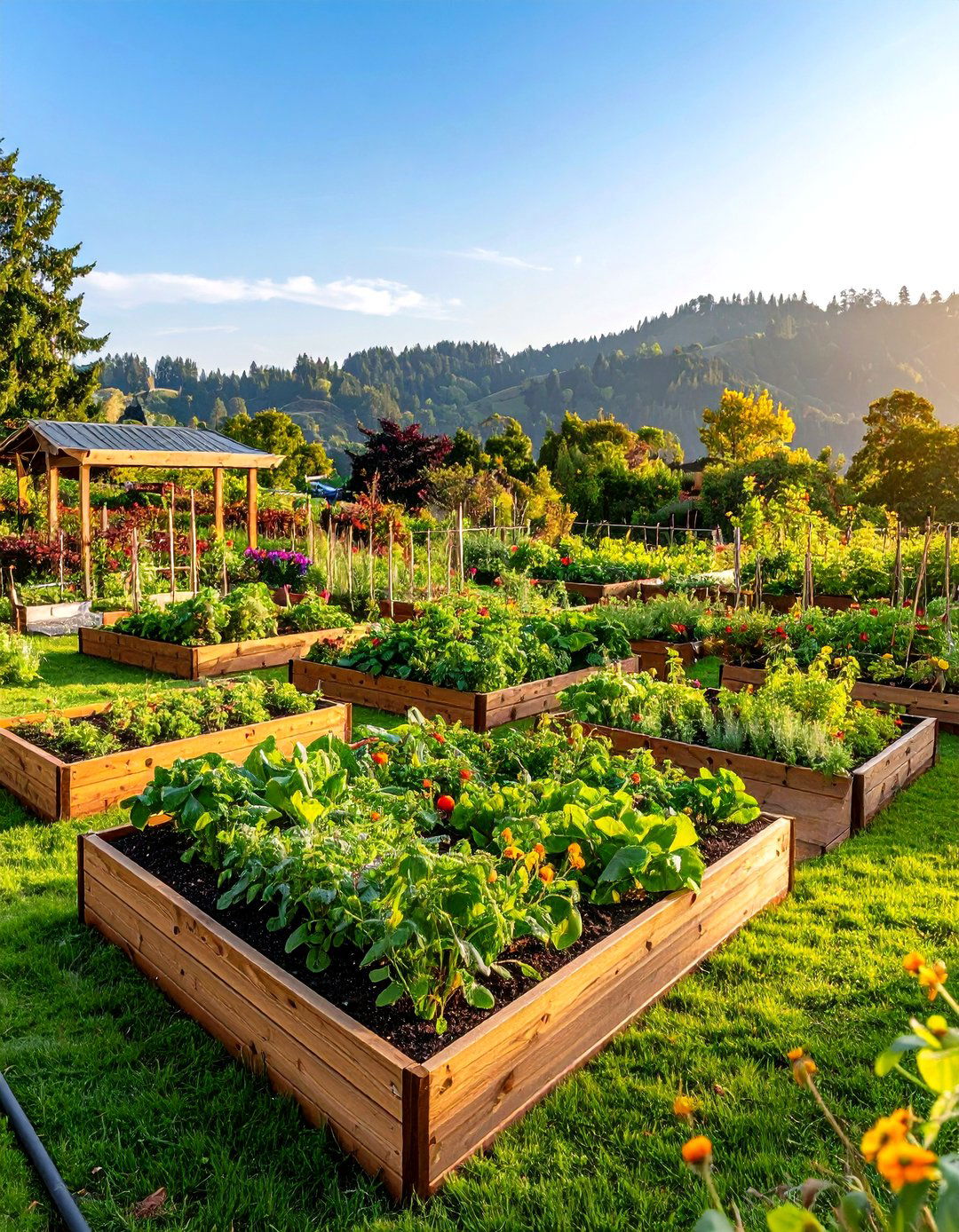
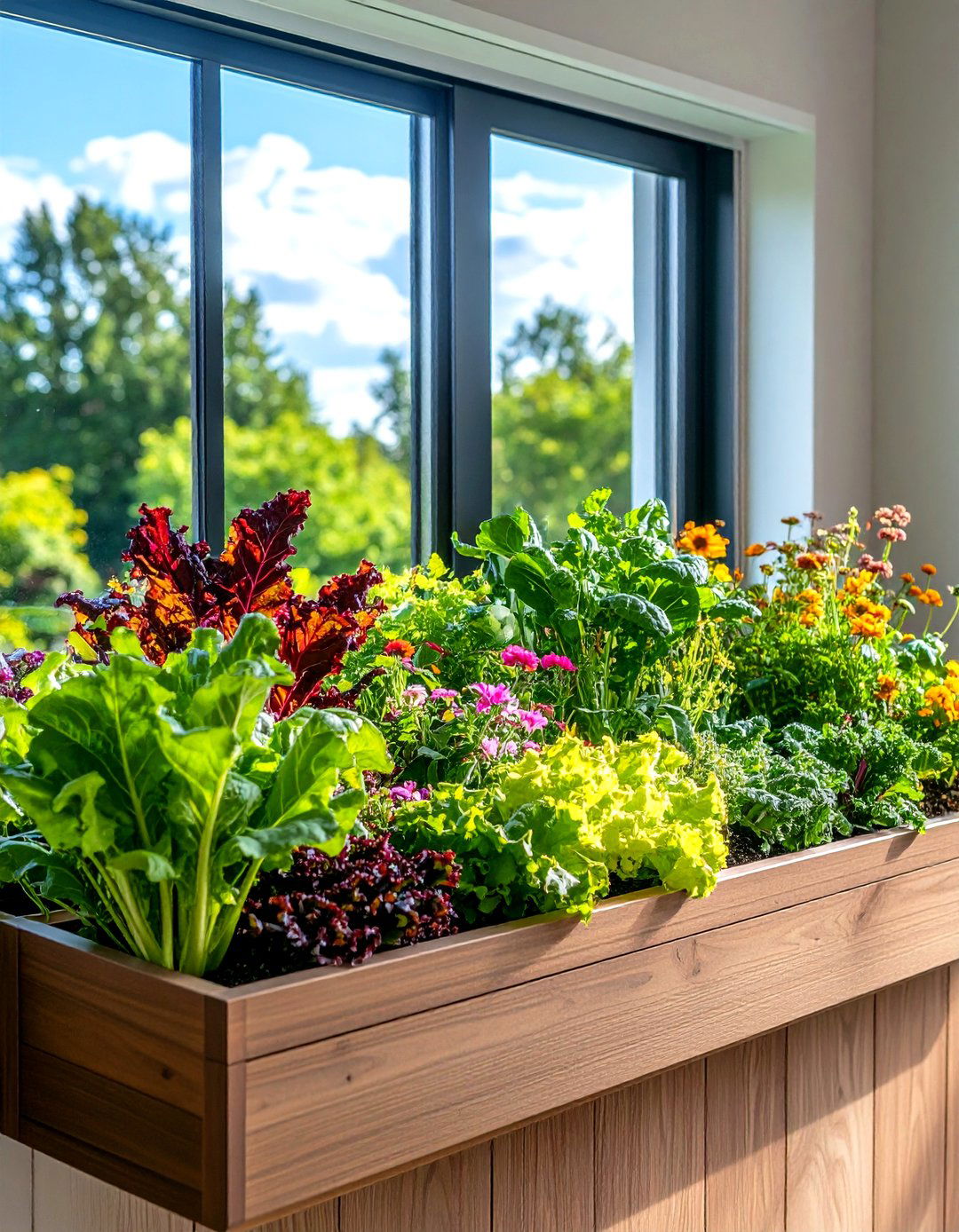


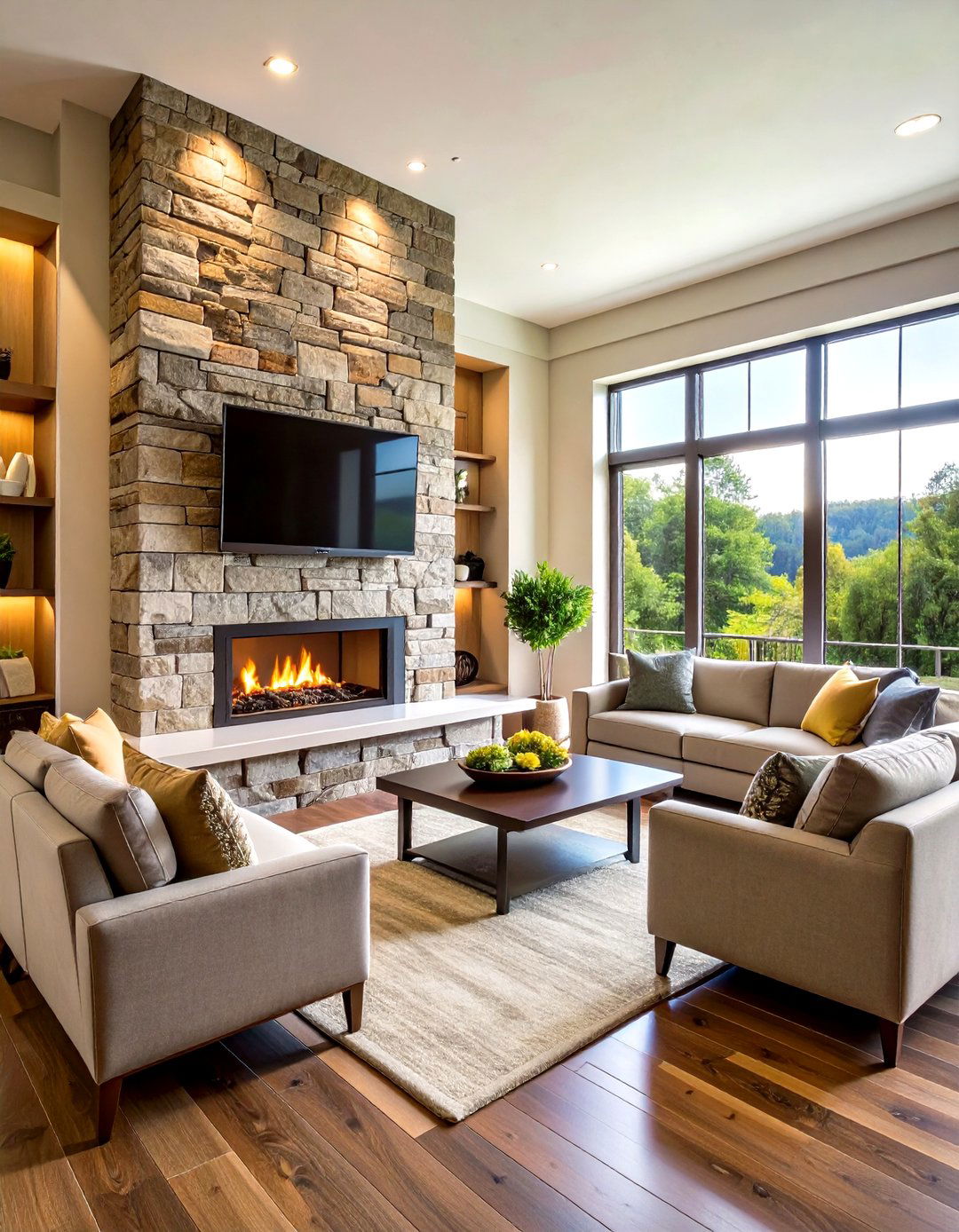
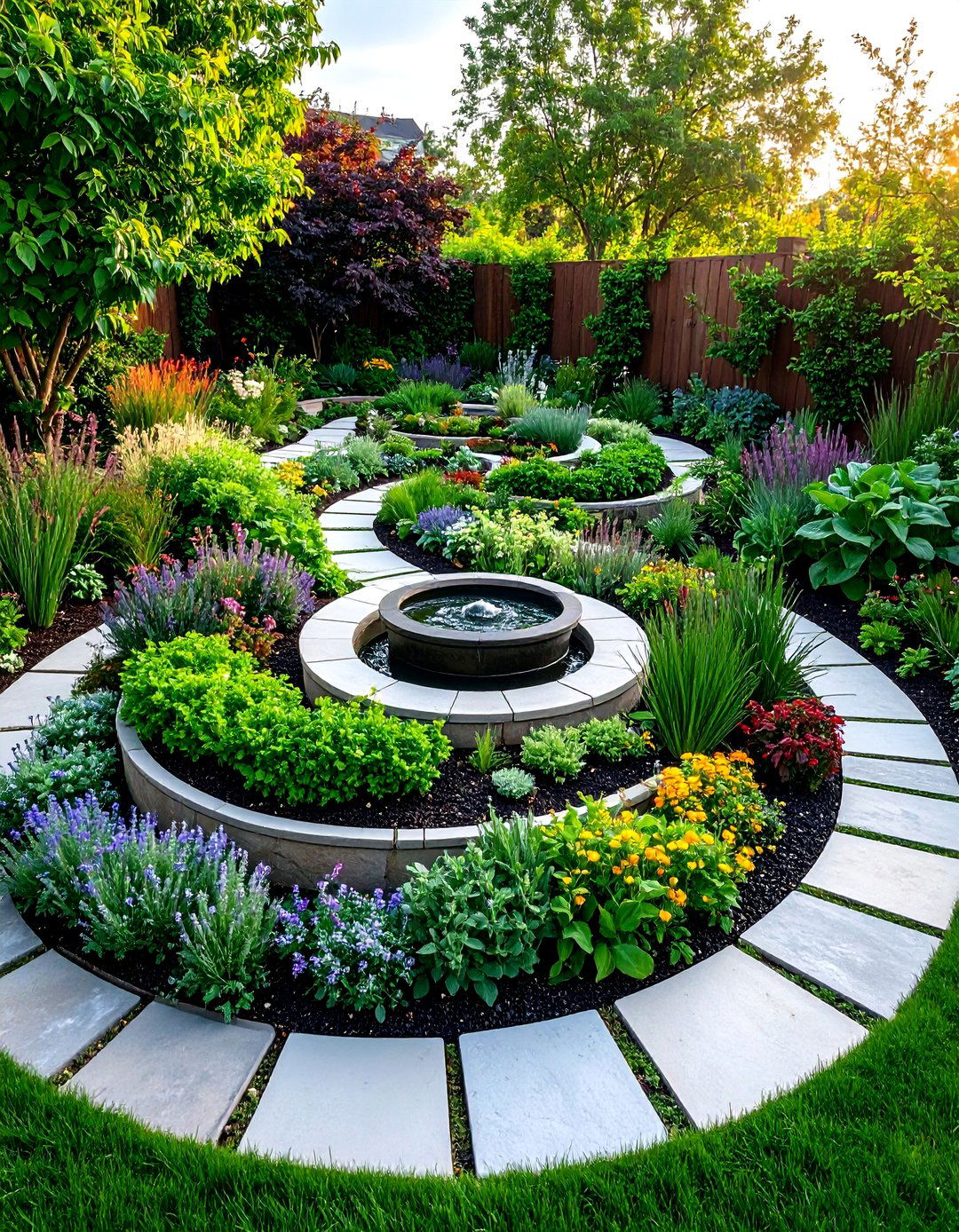

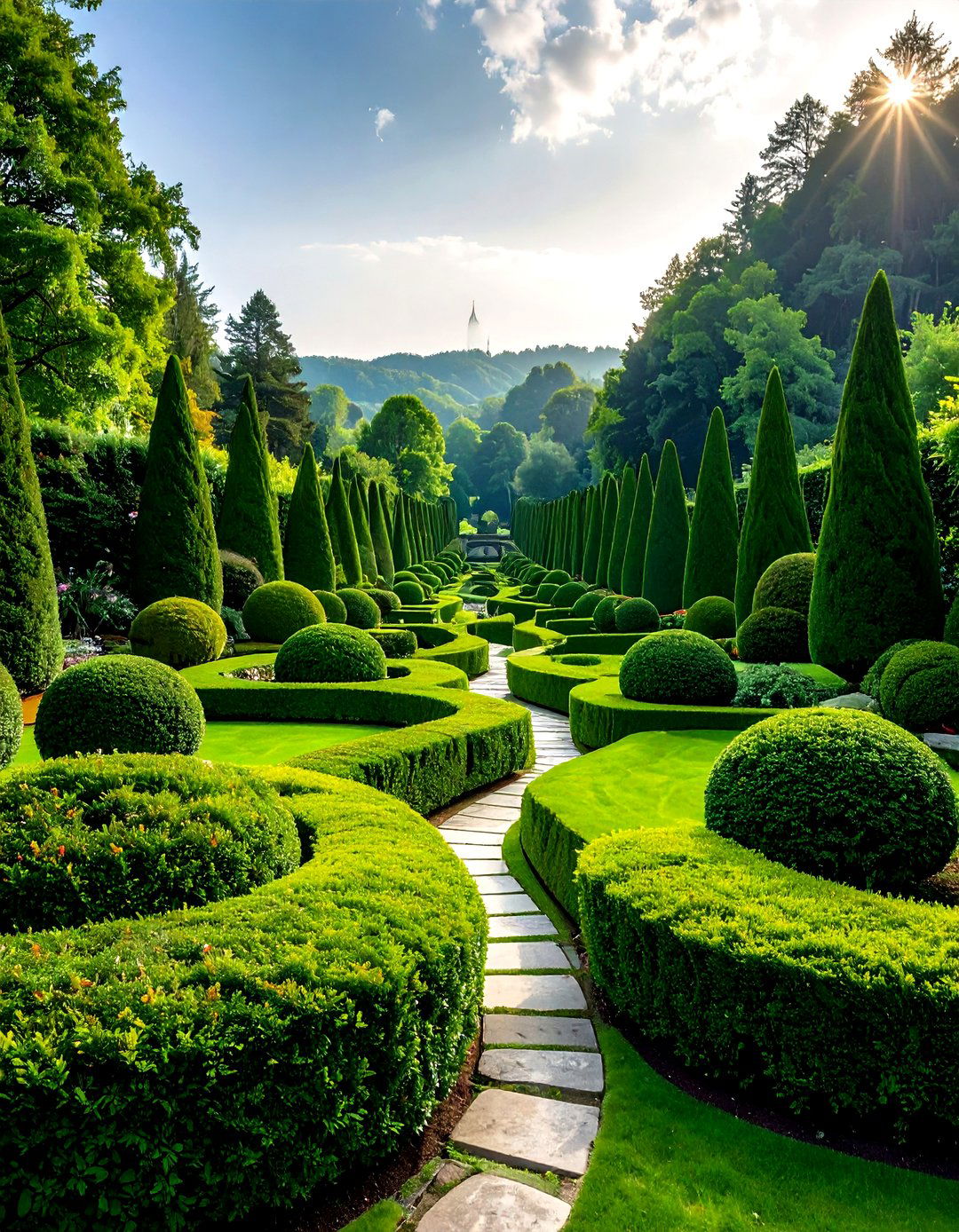
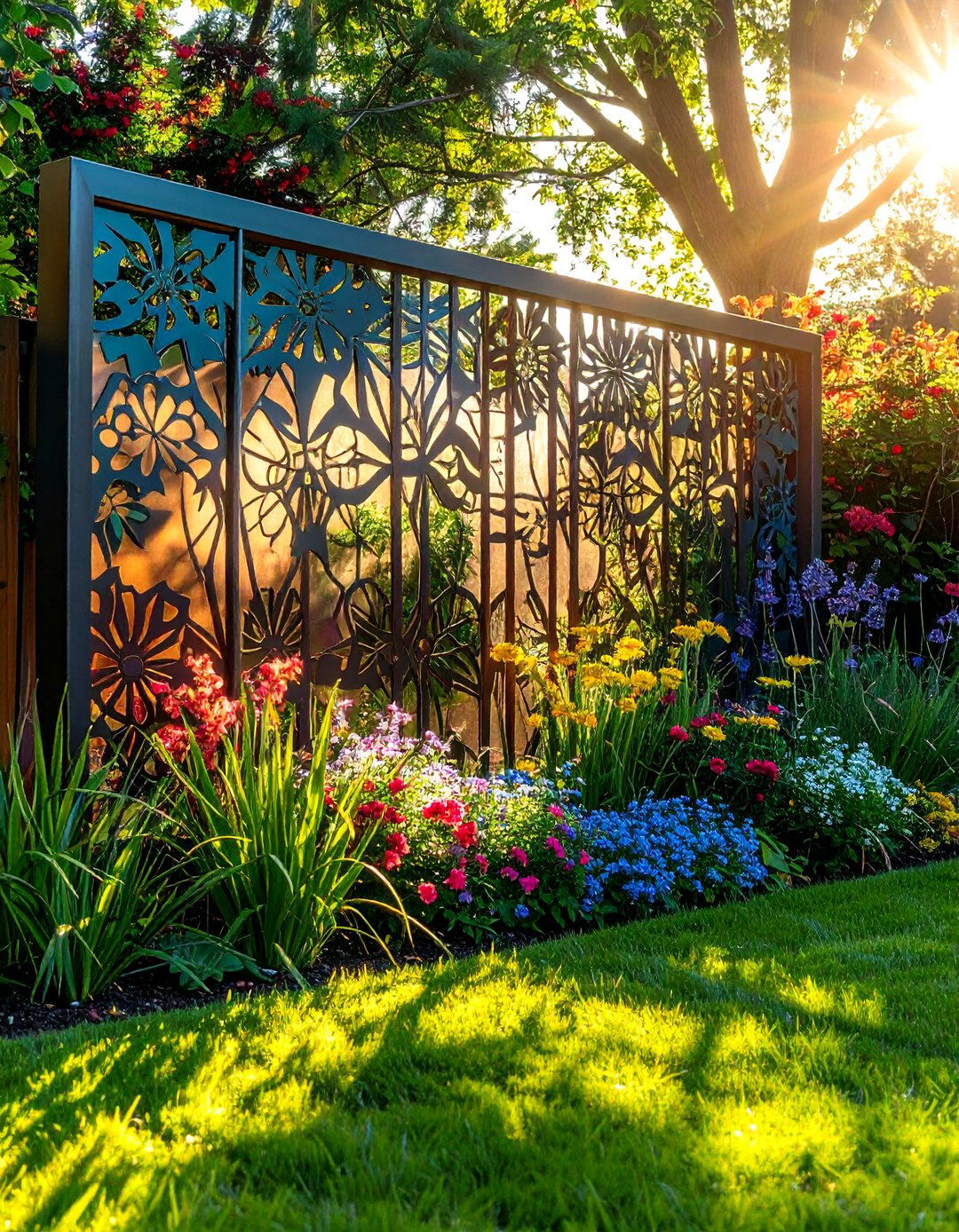
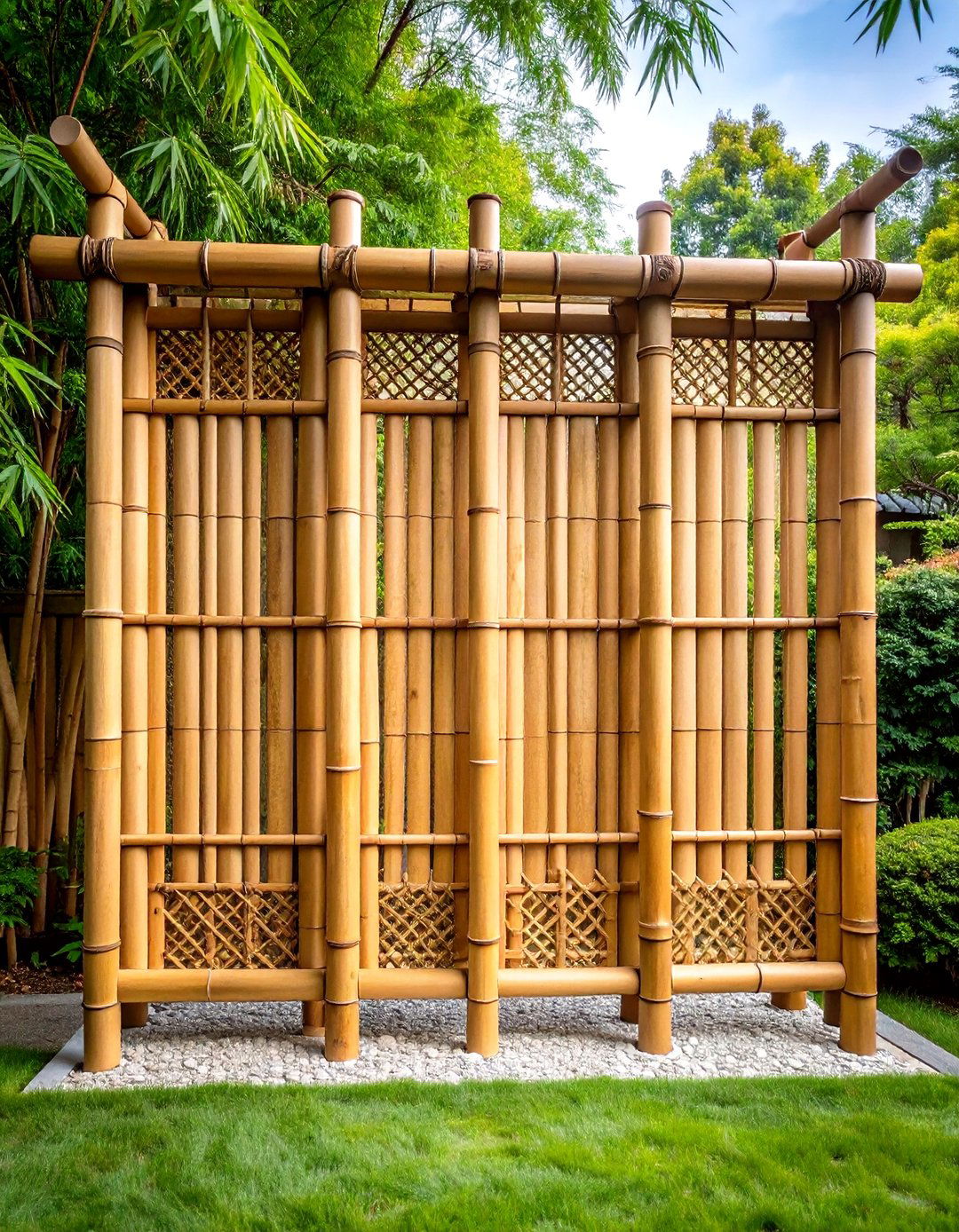
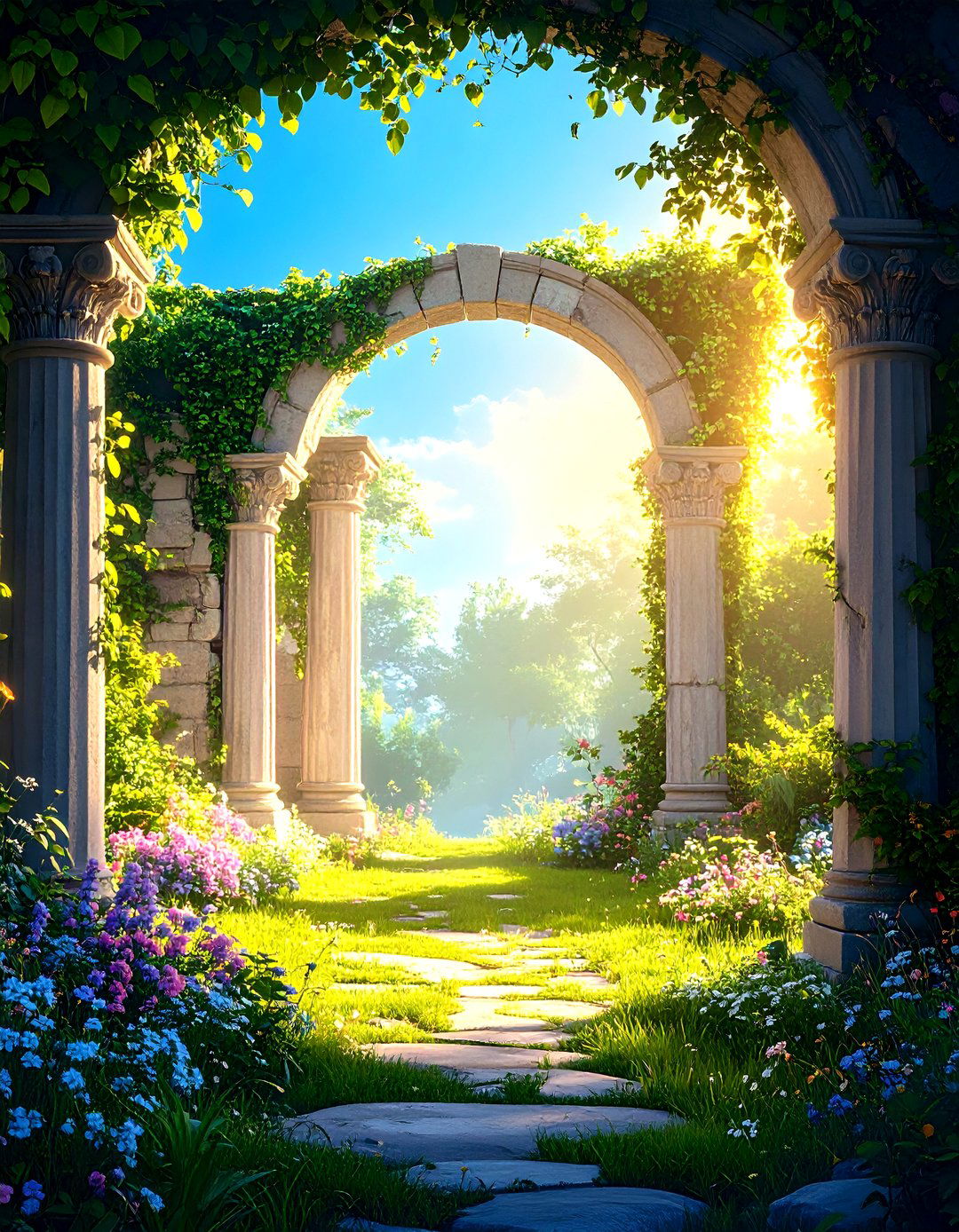

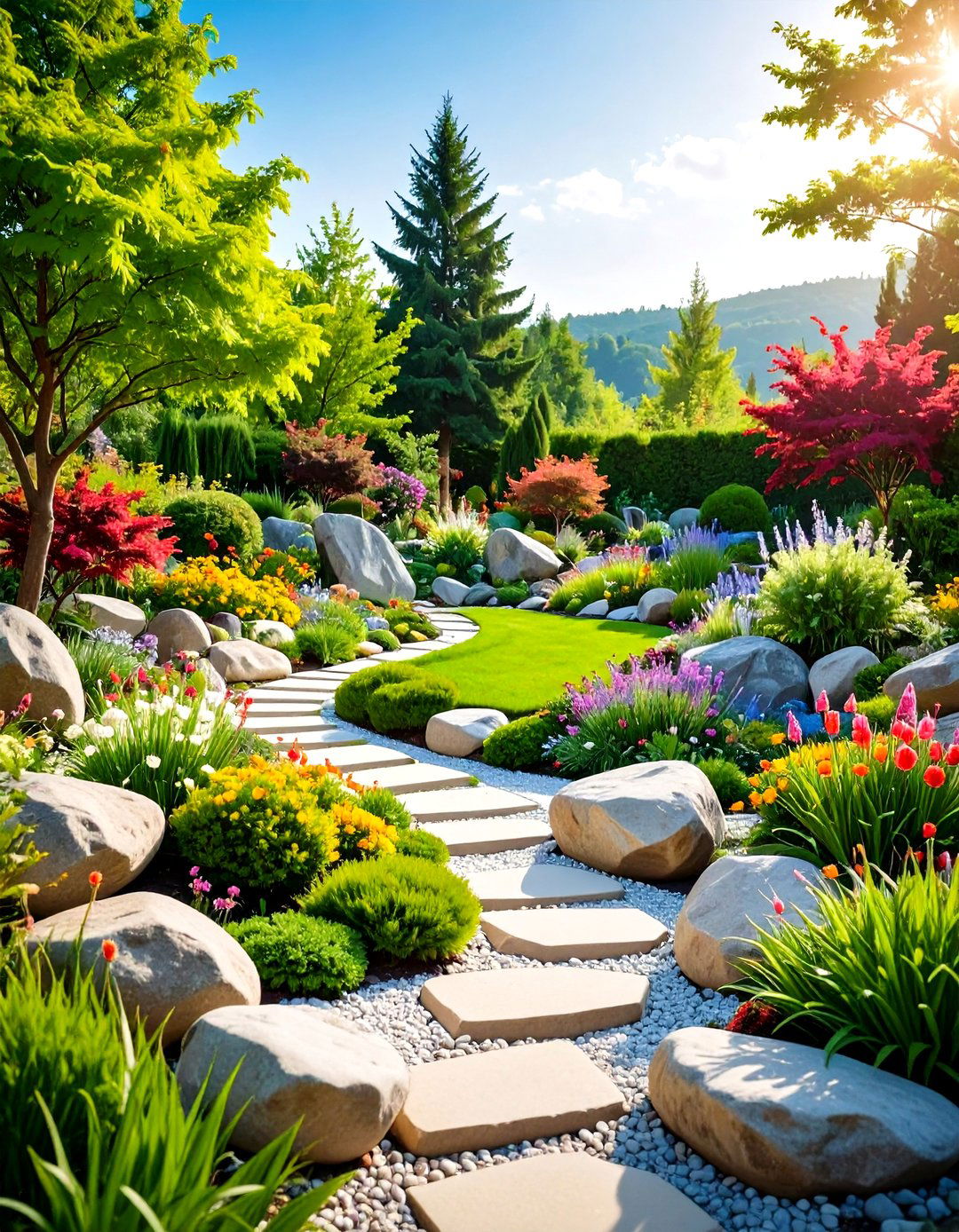
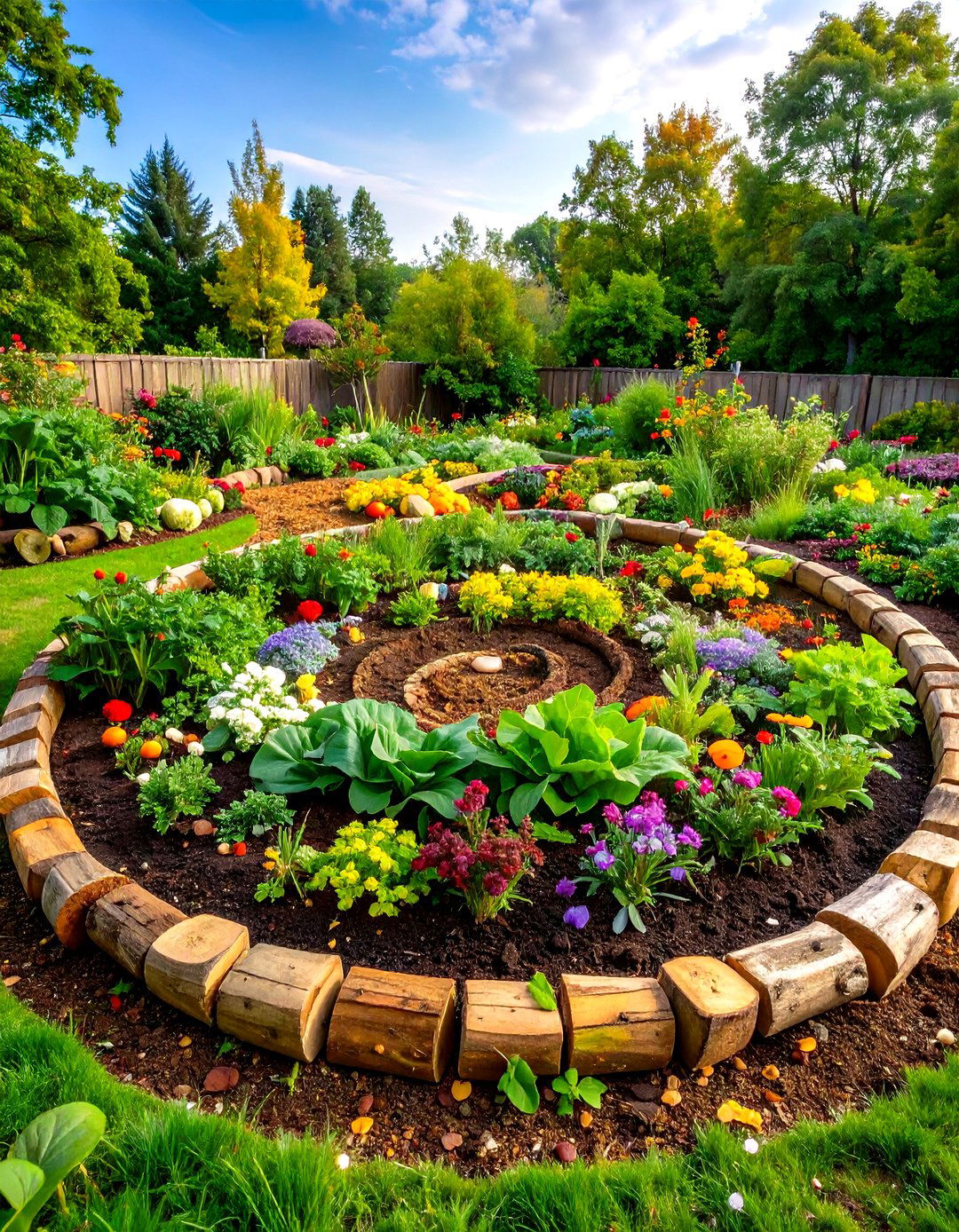

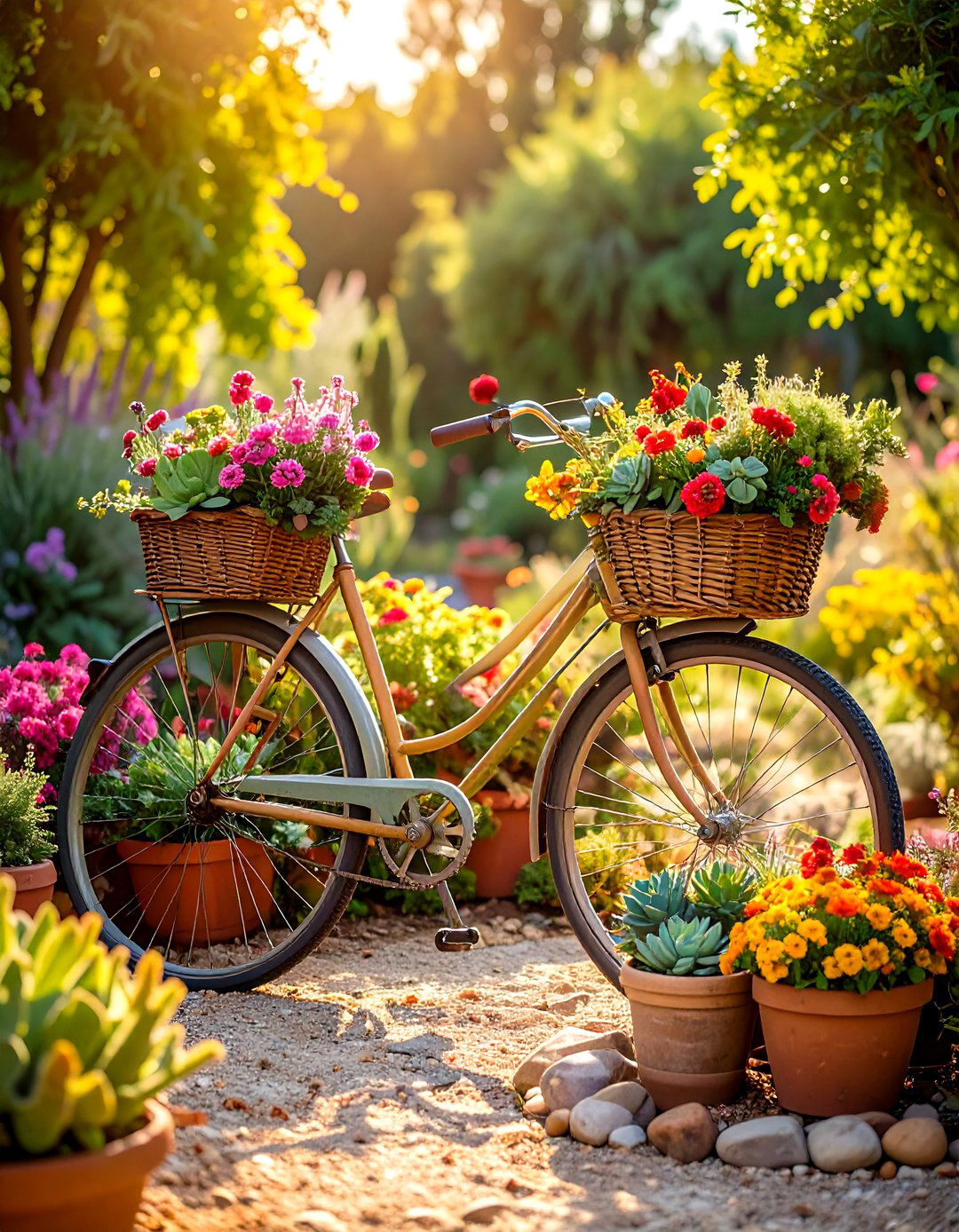
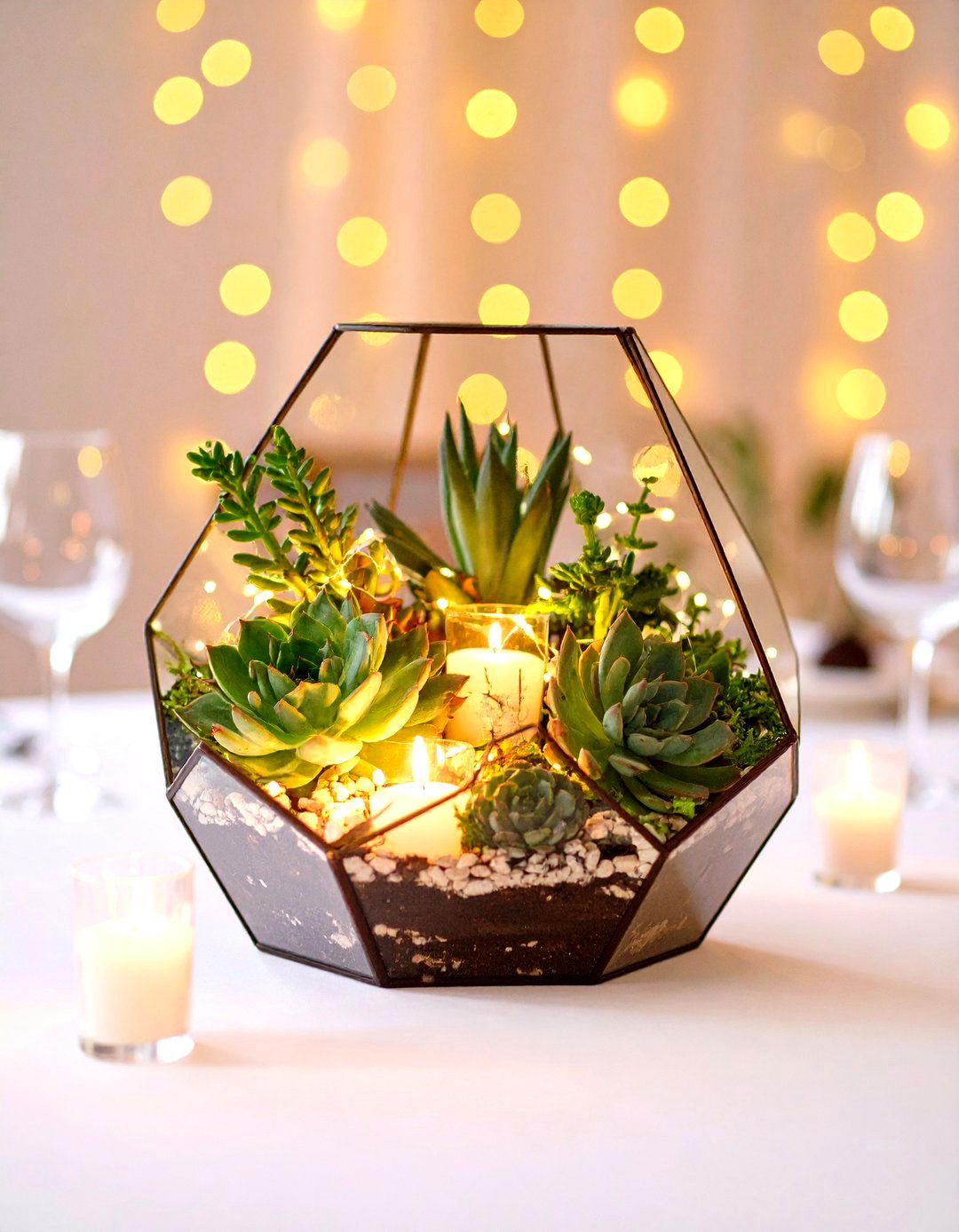
Leave a Reply